
6 Biggest Semiconductor Manufacturers in the U.S.

Semiconductors, sometimes called integrated circuits (ICs) or microchips, are a critical component of countless electronic devices, including smartphones, electric toothbrushes, computers, video games, electric vehicles (EVs), and medical diagnostic equipment.
Society is so reliant on these tiny but highly complex components that the ability to produce them at scale and on American soil has become a topic of national security. This has been intensified by shifting customer demands, the rise of EVs, supply chain shortages, and volatile trade relations with China, the world’s top semiconductor producer.
To mitigate the impact of an ongoing global semiconductor shortage, the Biden administration passed the CHIPS for America Act in 2022, which has since invested $52 billion to expand the nation’s domestic semiconductor research and production.
Within the next decade, the U.S. is expected to increase its domestic chip manufacturing by 203%. The nation’s top 15 semiconductor companies already represent a combined $2.5 trillion in market capitalization.
Let’s examine some of these manufacturers and the semiconductor fabrication plants (“fabs”) they operate in more detail.
1. Nvidia
Nvidia was founded in Sunnyvale, California, in 1993 as a fabless semiconductor firm. Initially designing graphics accelerator chips for PCs, it currently manufactures the most advanced chips, systems, and software for the devices of the future. These power enterprise AI models, video games, cryptocurrency mining, the industrial metaverse, and self-driving cars.
Nvidia manufactures the majority of its chips at TSMC’s Taiwan-based factories. TSMC, the world’s largest chip manufacturer, is one of the few companies currently building plants on U.S. soil. Earlier this year, it announced plans to build a third fab at TSMC Arizona, which amounts to a total investment of more than $65 billion. The complex is expected to create 6,000 jobs and play a critical role in the onshoring of semiconductor manufacturing.
As of March 4, 2024, Nvidia was the largest semiconductor company in the U.S., with a market capitalization of £2.12 trillion. In May, it became the nation’s newest $1 trillion company. Only Apple and Microsoft are worth more.
2. Broadcom
Broadcom designs, develops, and supplies a broad range of semiconductors, enterprise software, and security solutions for cloud, data center, networking, broadband, wireless, storage, and industrial markets.
Founded in 1991 in Los Angeles, California, the company was acquired by Avago Technologies in 2016 for $37 billion, after which the combined companies began operating under the name Broadcom Limited. The company’s revenue has rapidly increased in recent years, growing by 8% in 2023 to a record $35.8 billion.
Broadcom currently operates in San Jose, California; Breinigsville, Pennsylvania; and Fort Collins, Colorado, where its 1.4 million square feet plant includes 185,000 square feet of chip fabrication floor space. Last year, Apple announced a multiyear, multibillion-dollar agreement with Broadcom to develop FBAR filters and other 5G radio frequency components. The deal will support more than 1,100 jobs at the Fort Collins facility.
Broadcom also plans to invest €930 million in developing a fab in Spain, which will create an additional 500 jobs.
3. AMD
Founded in 1969 as a Silicon Valley start-up, AMD is a semiconductor company known for designing and developing computer processors and graphics technologies to advance data center AI, AI PCs, intelligent edge devices, and gaming.
Earlier this year, AMD unveiled a new series of semiconductors for AI-enabled business laptops and desktops. This forms part of AMD’s strategy to expand its lucrative "AI PC” market share. In 2024, the company’s shares have already increased by 14%, signaling a significant growth in its AI chip sales. AMD now expects to reach $4 billion in AI chip sales this year, up from a $3.5 billion forecast in January.
AMD outsources a large portion of its semiconductor manufacturing overseas, with all its advanced chips produced in Taiwan by TSMC. AMD CEO Lisa Su confirmed that AMD will use some of TSMC’s U.S. facility’s capacity when it opens in 2025.
4. Texas Instruments (TI)
TI, headquartered in Austin, Texas, designs, manufactures, tests, and sells analog and embedded processing chips. The company has been advancing semiconductor technology for decades, and today, its 80,000+ products can be found in every type of electronic system, including EVs, industrial robots, solar panels, and satellites.
For more than 90 years, TI has been a member of the “Made in Texas” brand. It is currently developing four 300-millimeter semiconductor wafer fabrication plants in Sherman, Texas. Due for completion in 2025, the $30 billion complex will ultimately manufacture more than 100 million chips daily and support up to 3,000 direct jobs. The company also operates fabs in Dallas, Texas; Lehi, Utah; and Richardson, Texas.
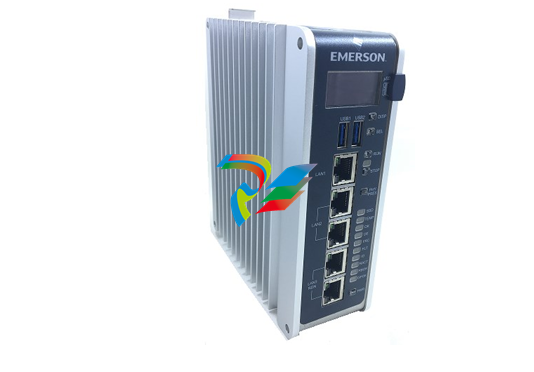
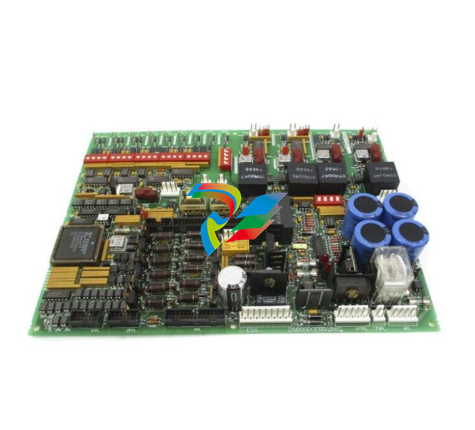
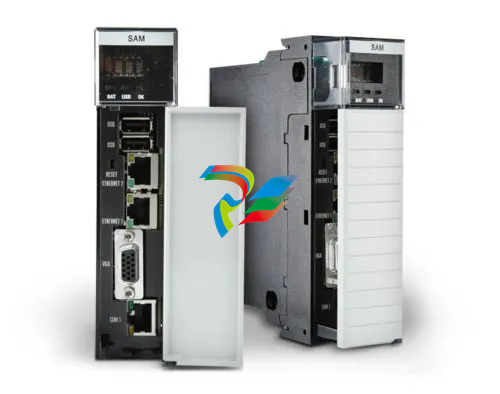
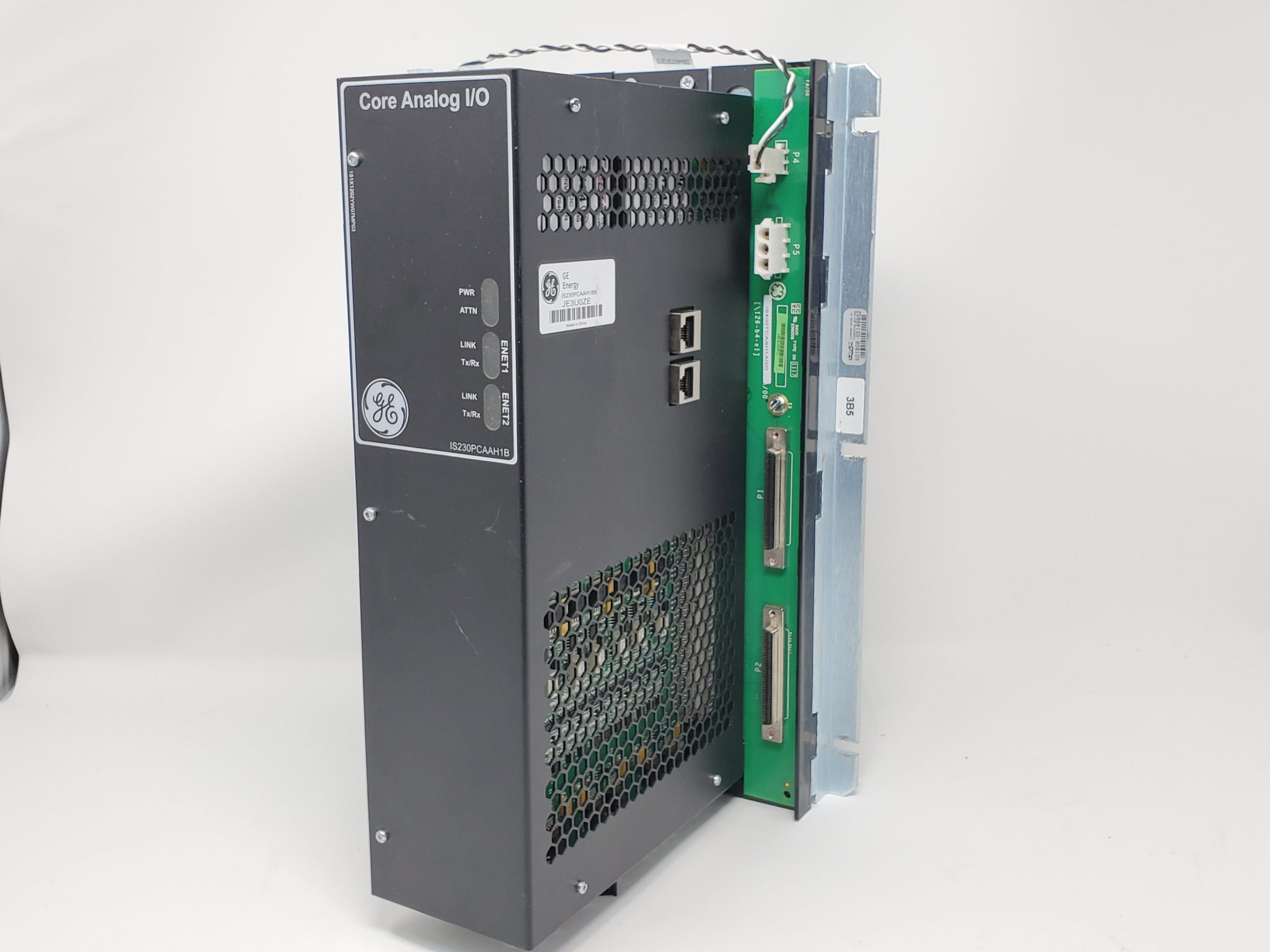

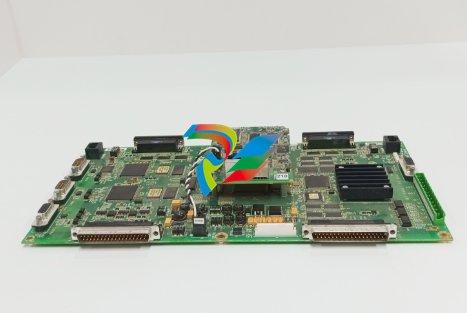
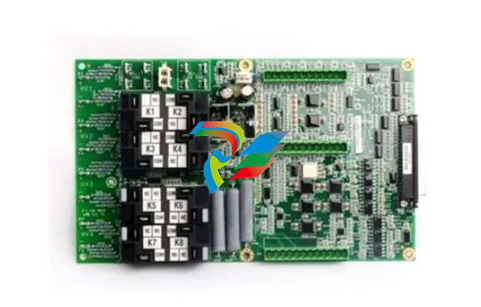
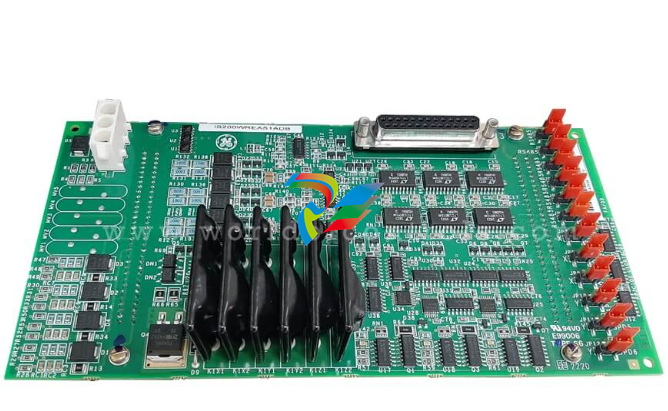
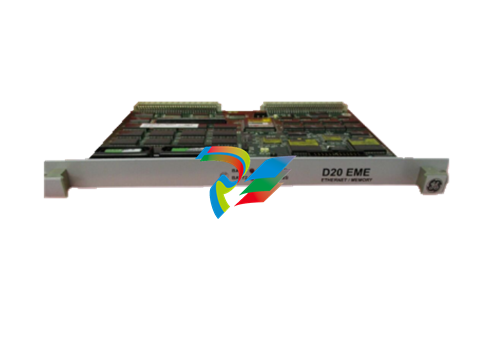
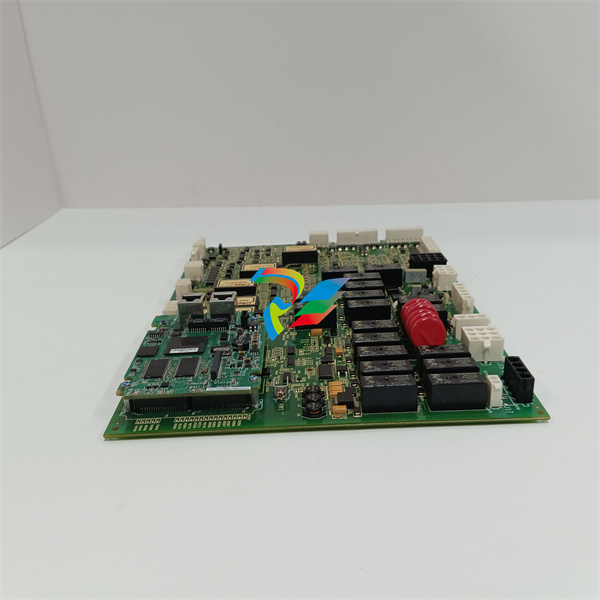
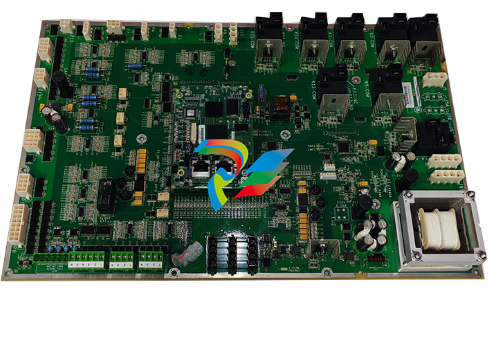
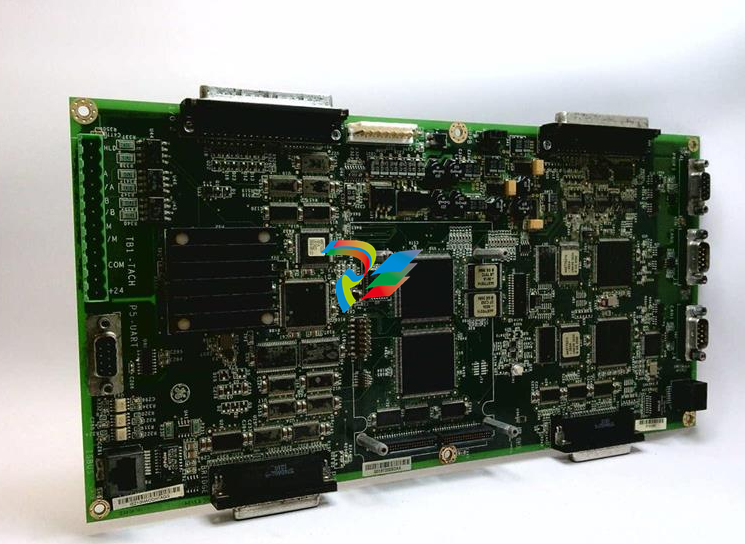
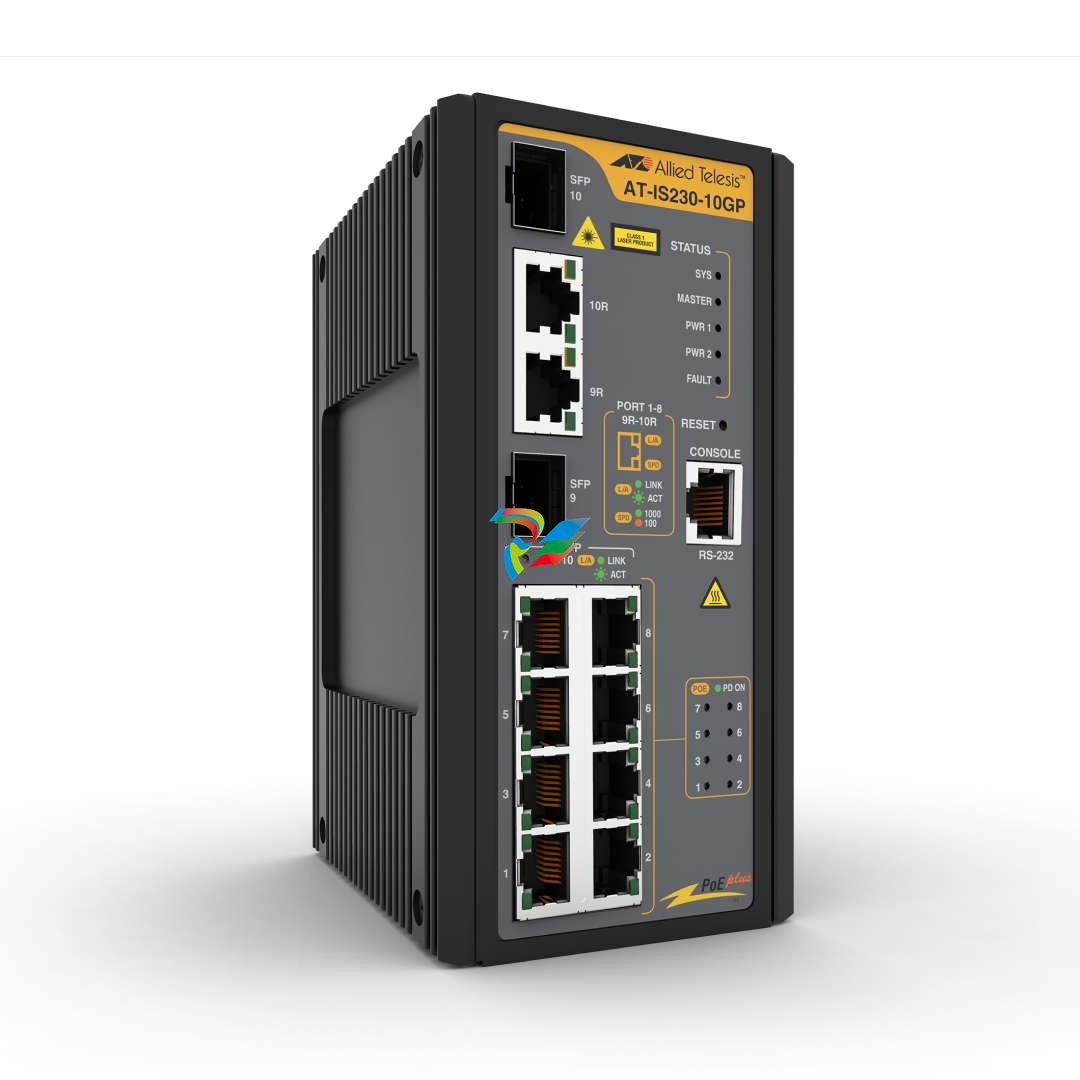
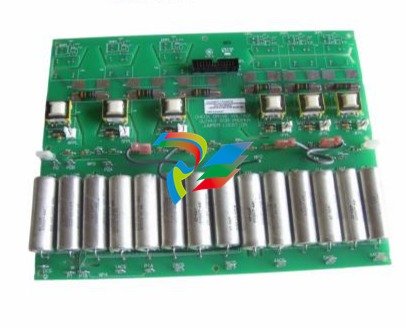
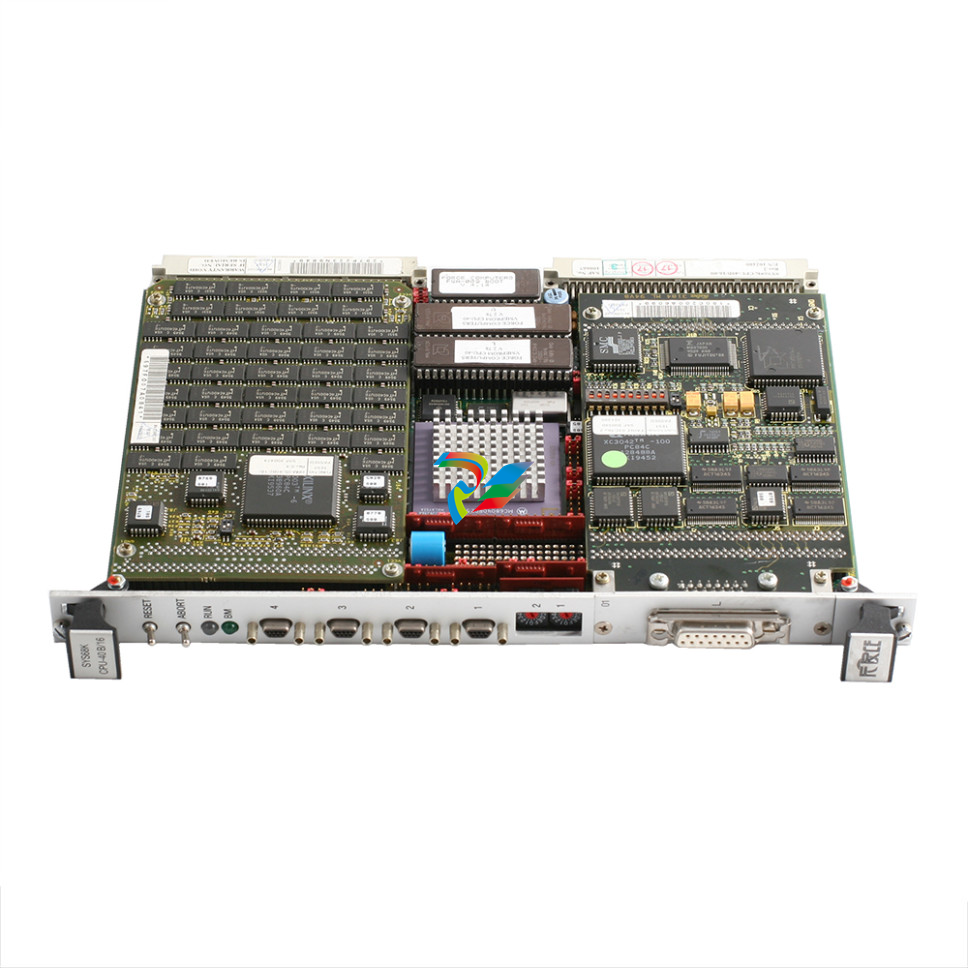
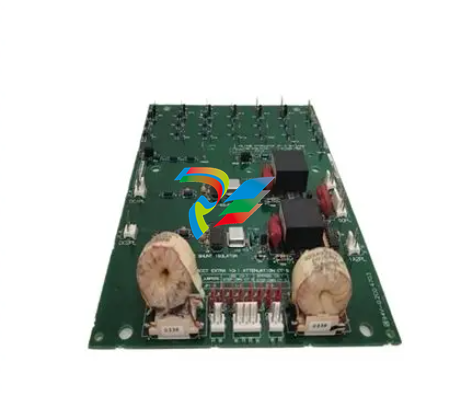
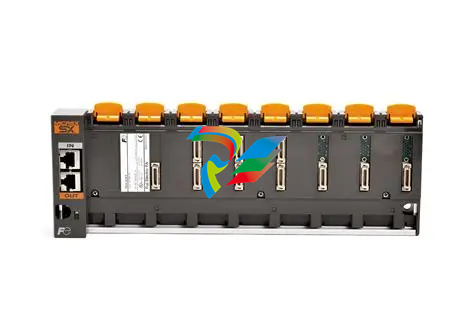
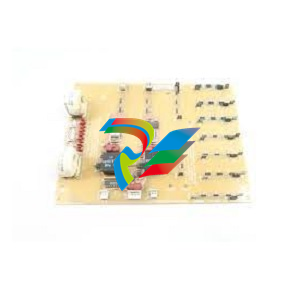
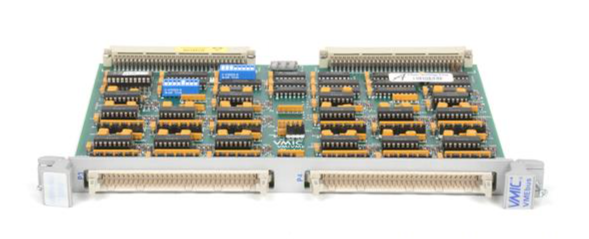
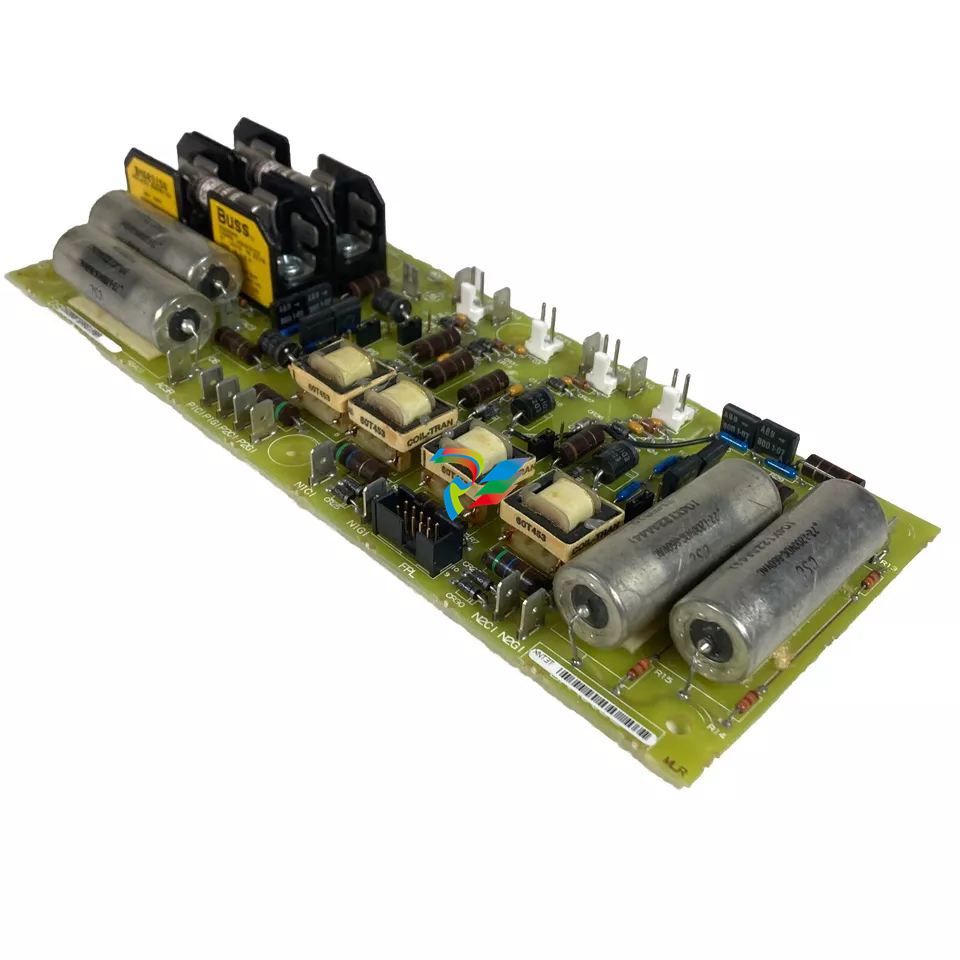
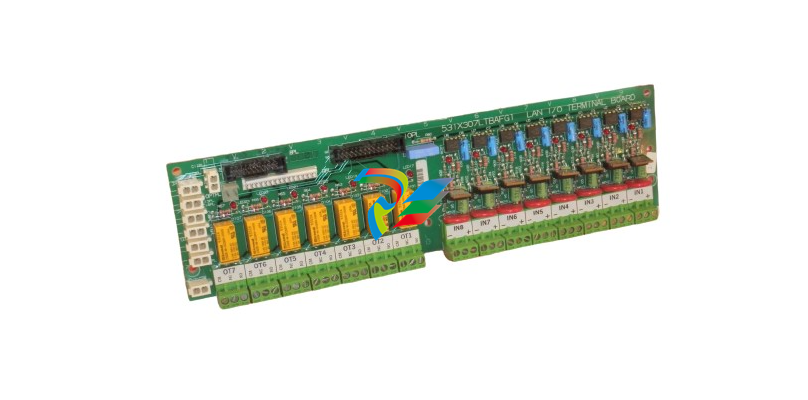


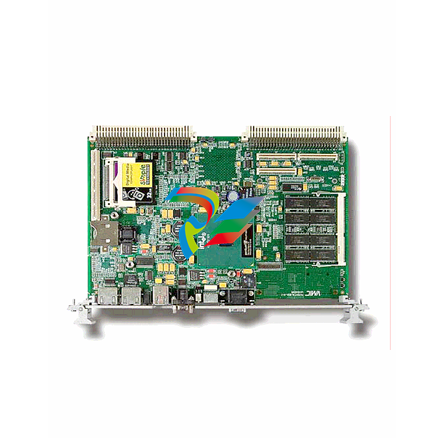
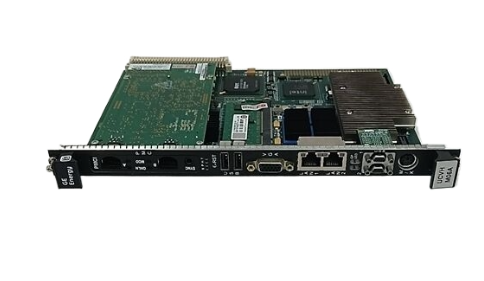
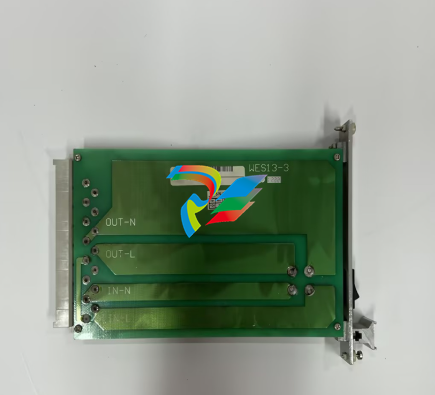
.jpg)
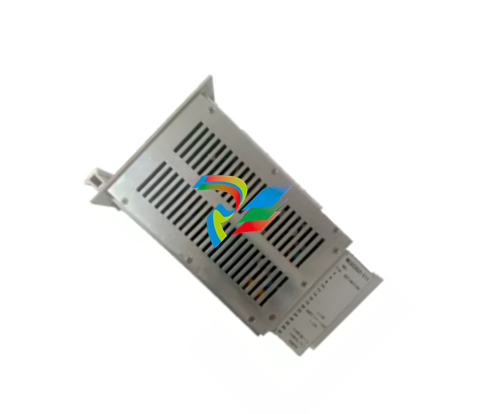
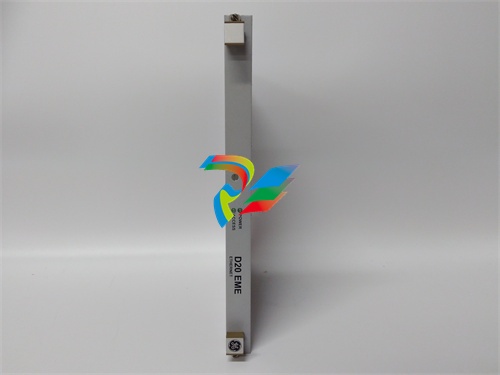
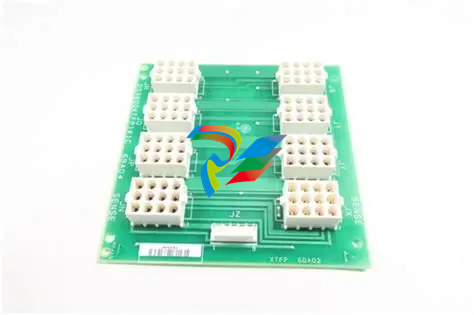
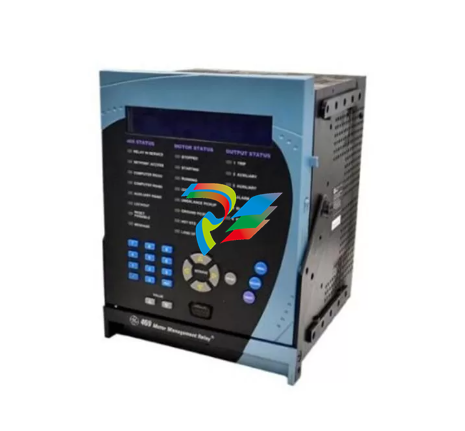
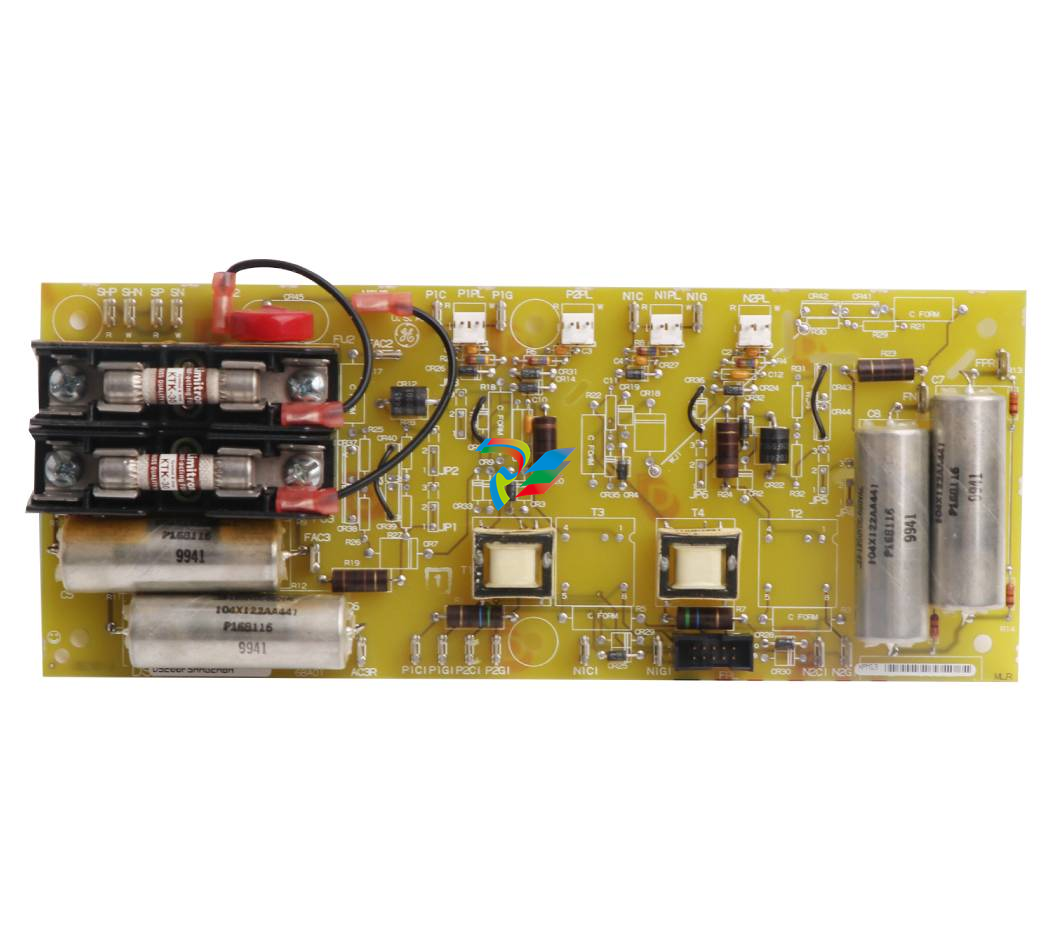
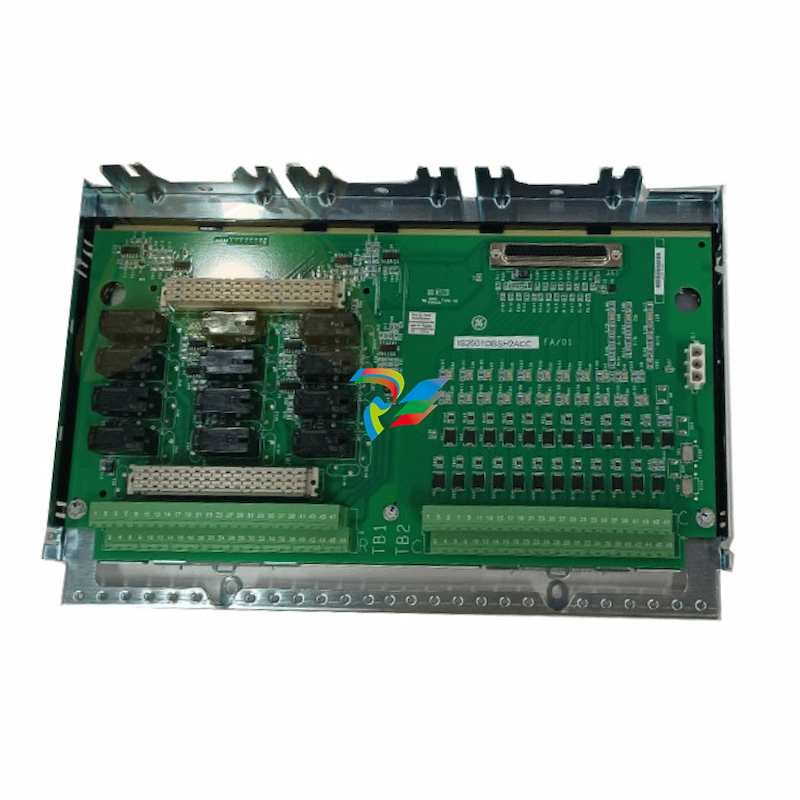
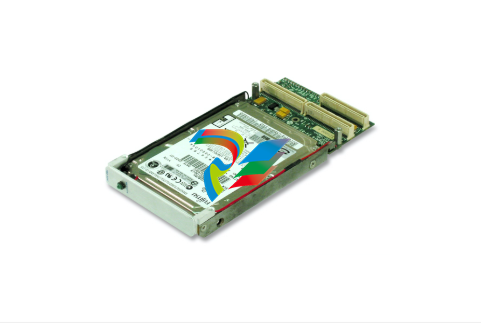
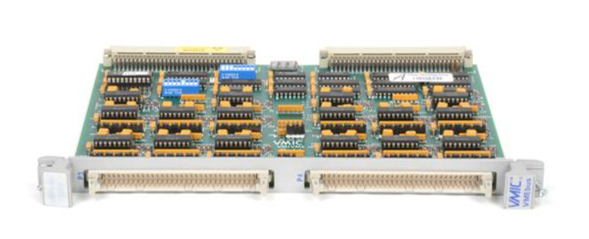
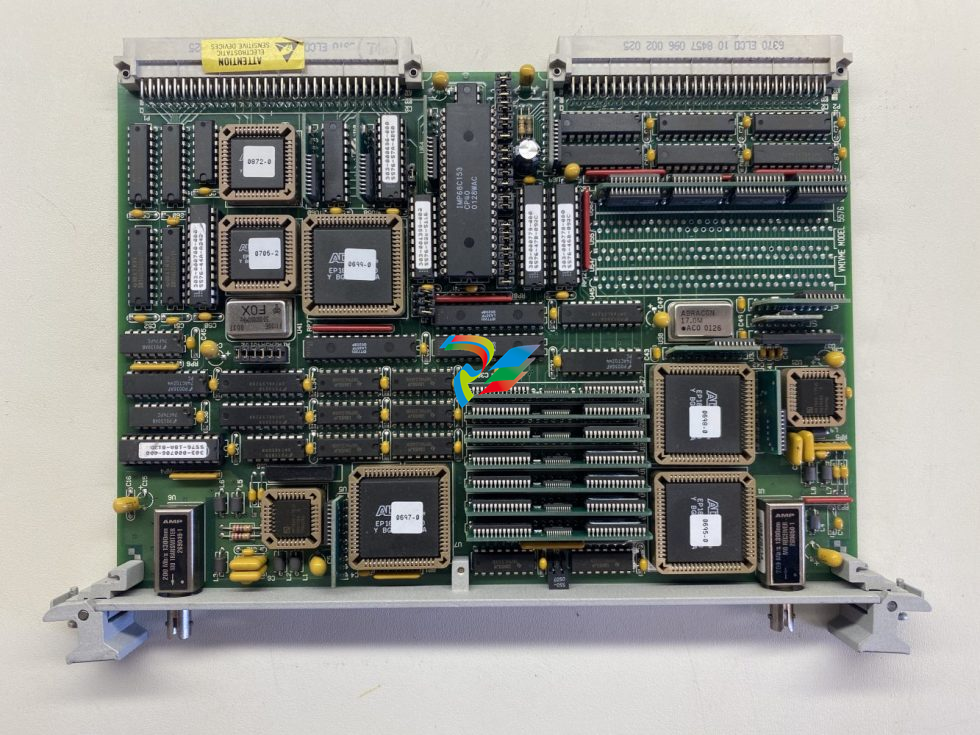
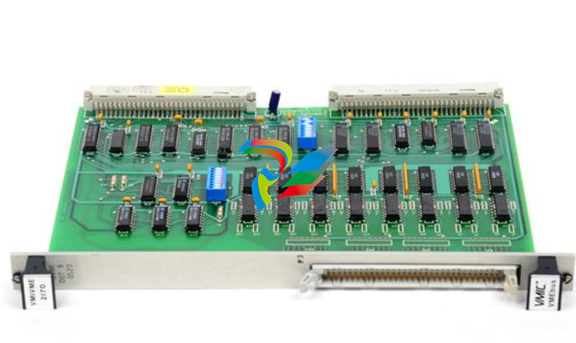
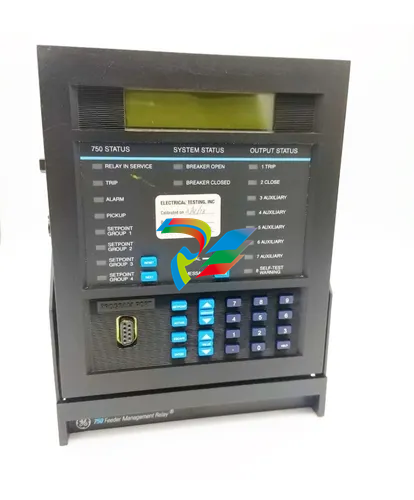
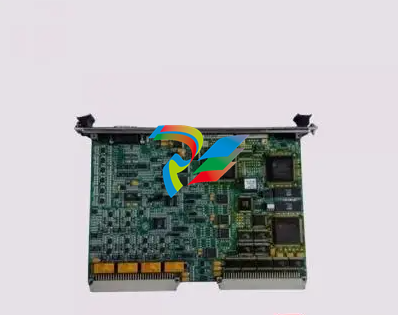
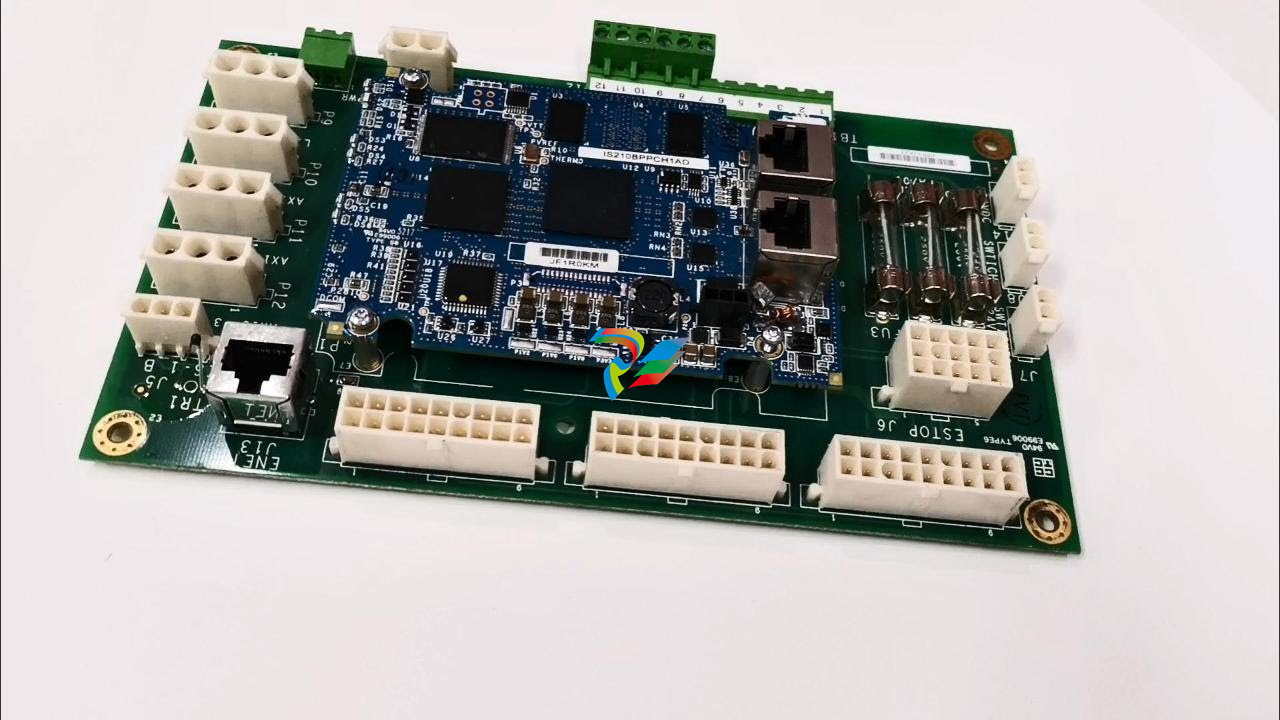
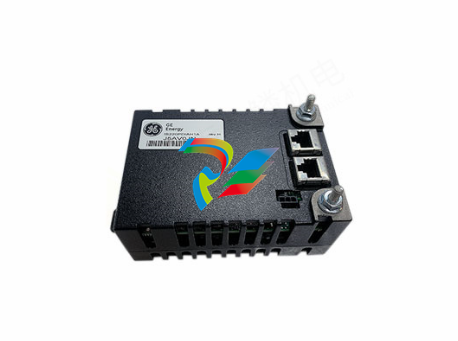
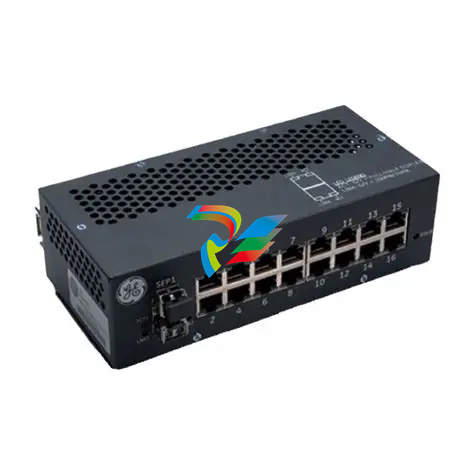
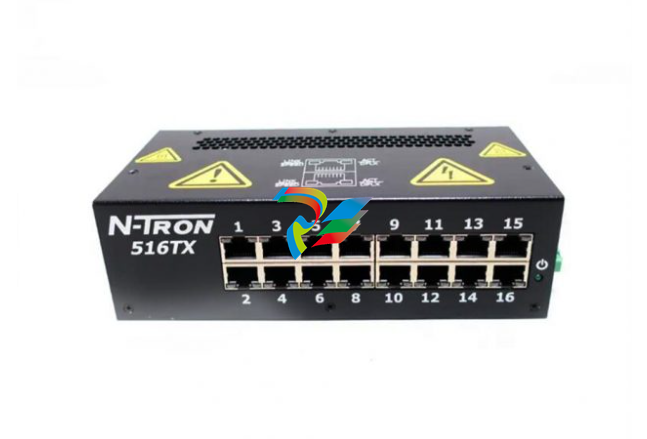
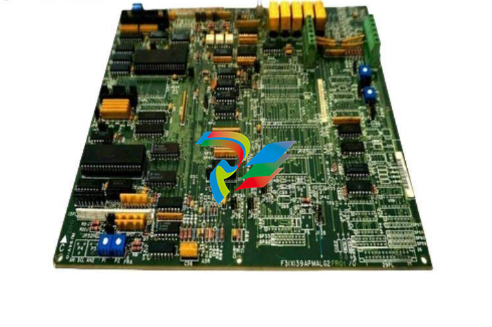
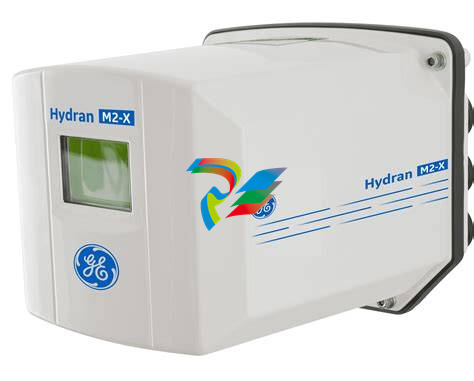
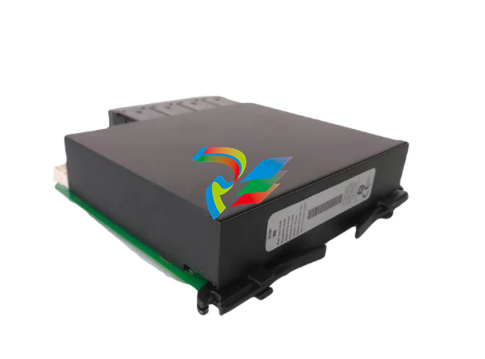
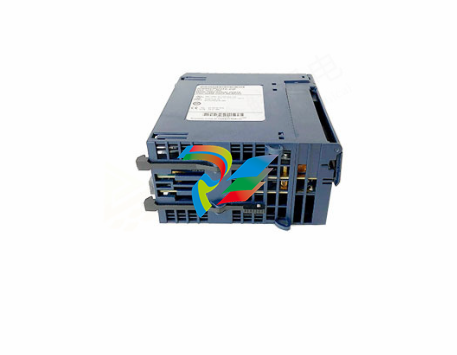
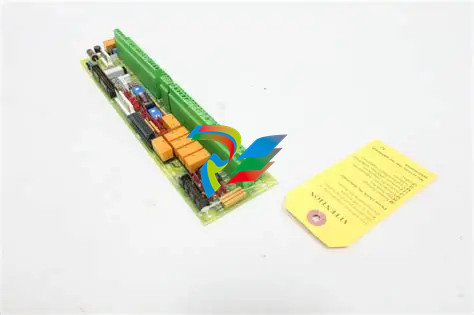
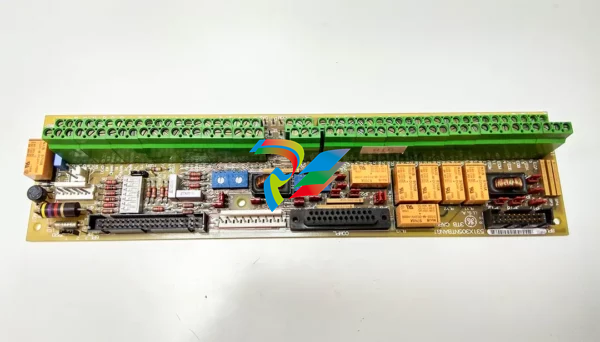
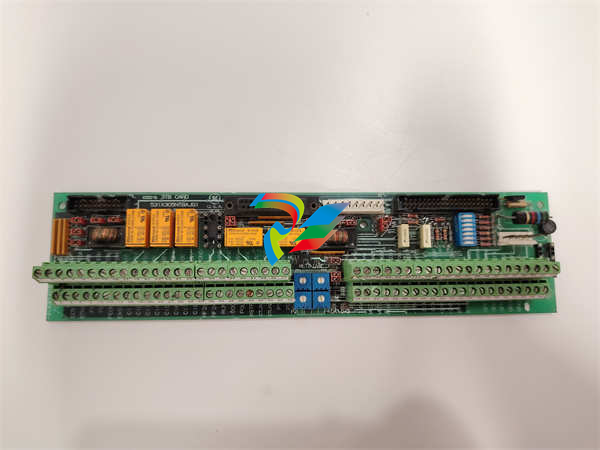
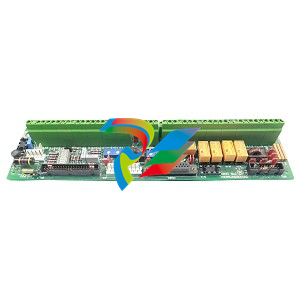
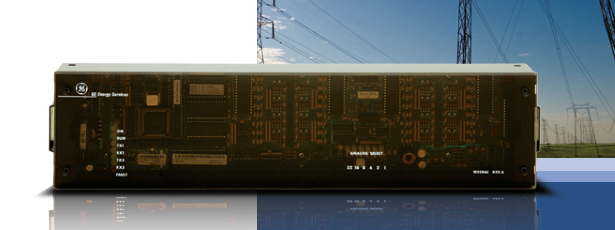
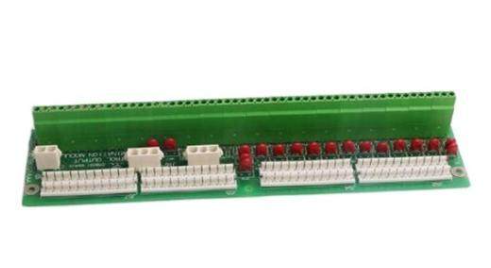
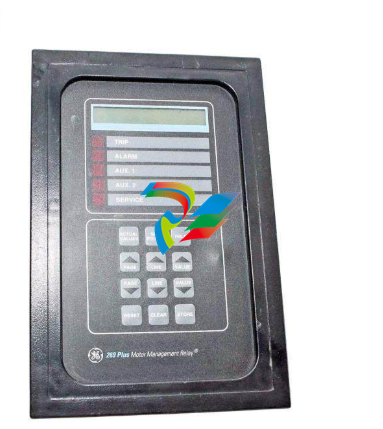
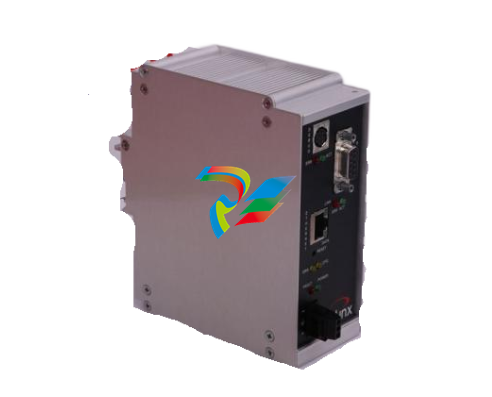
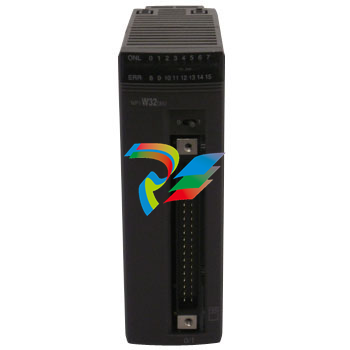
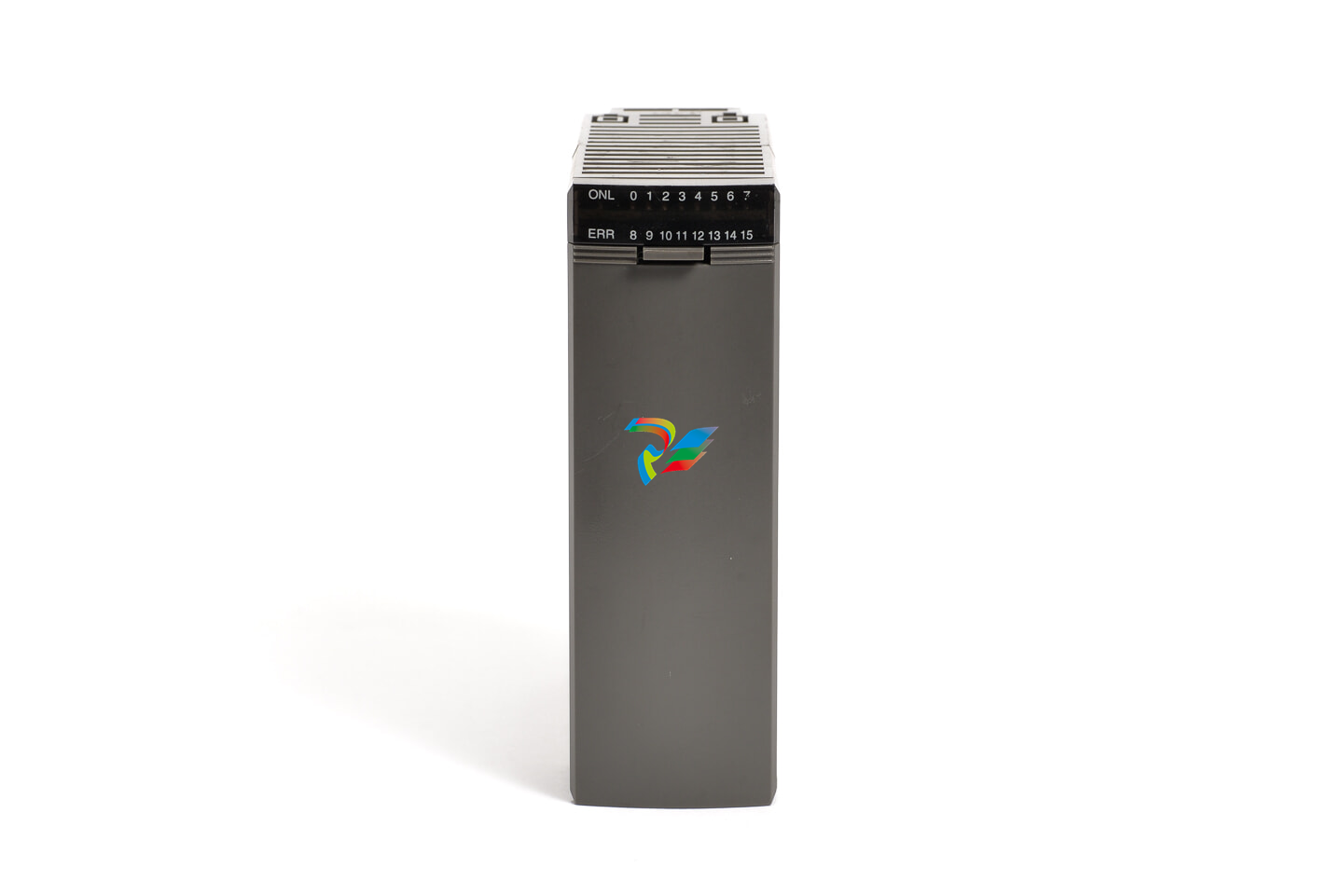
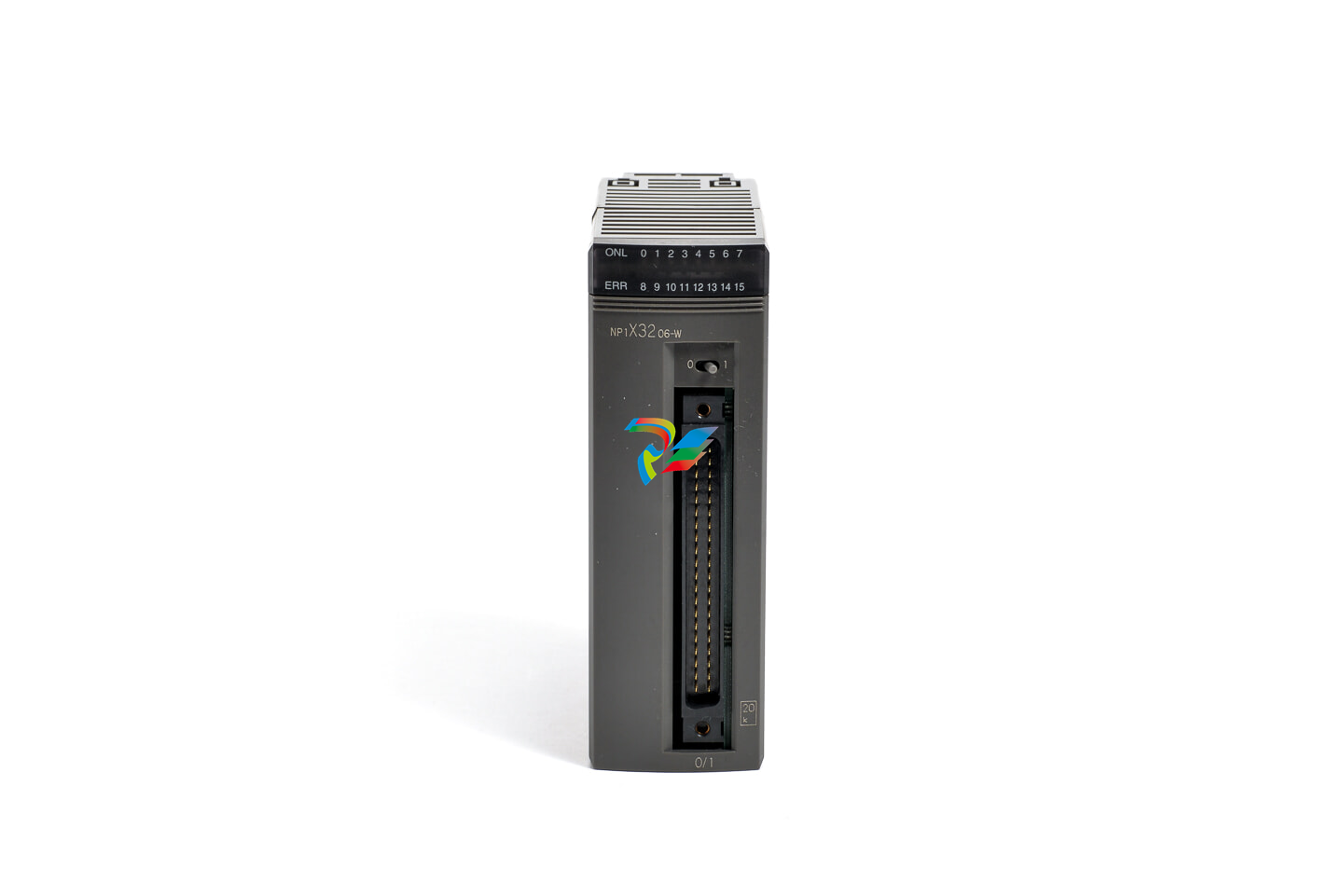
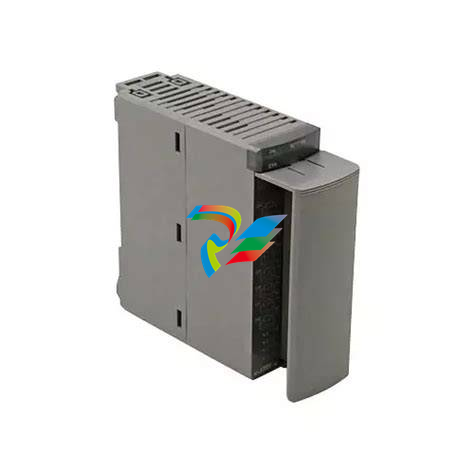
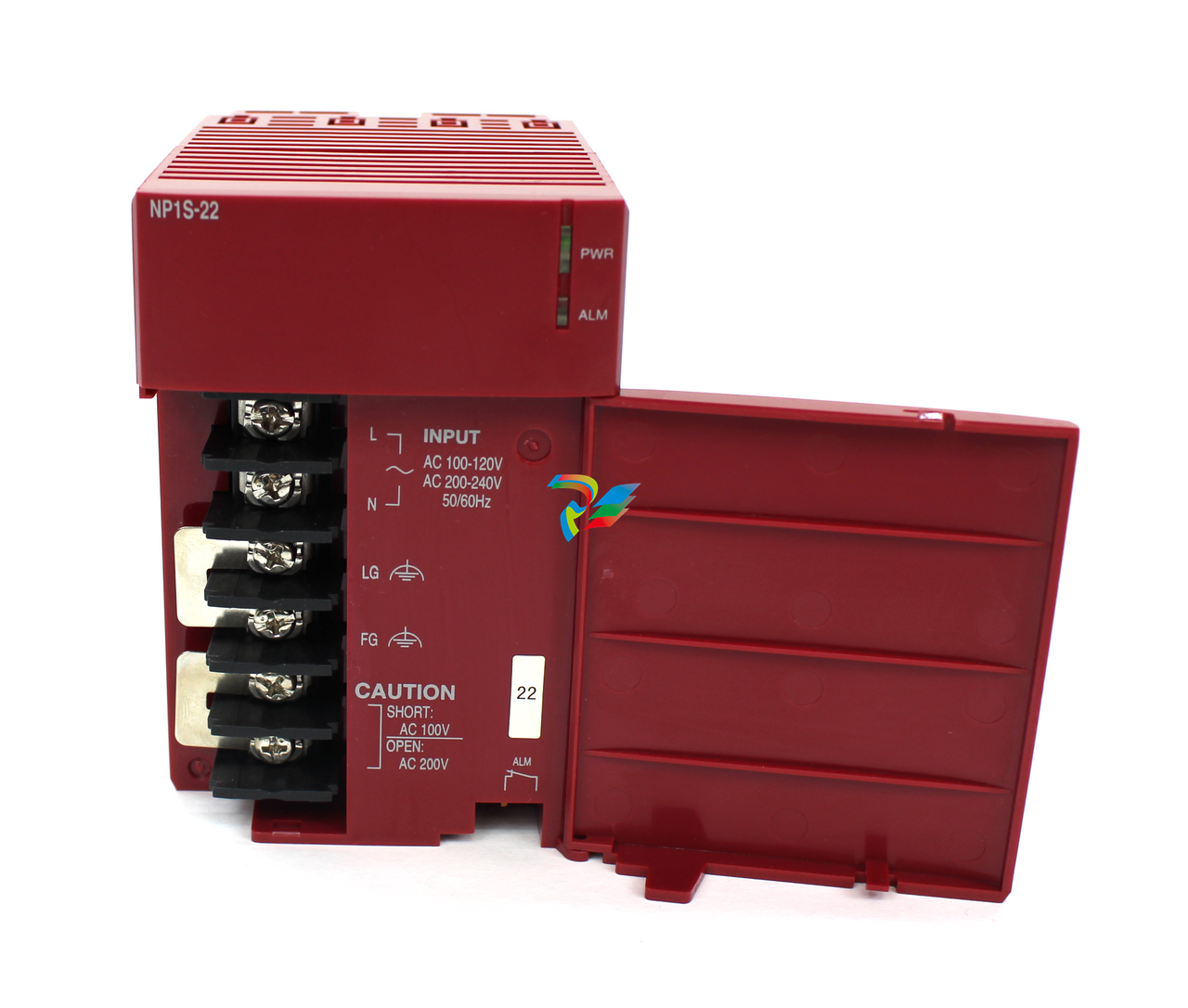
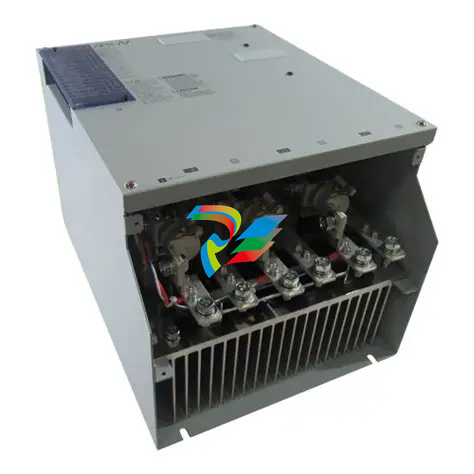
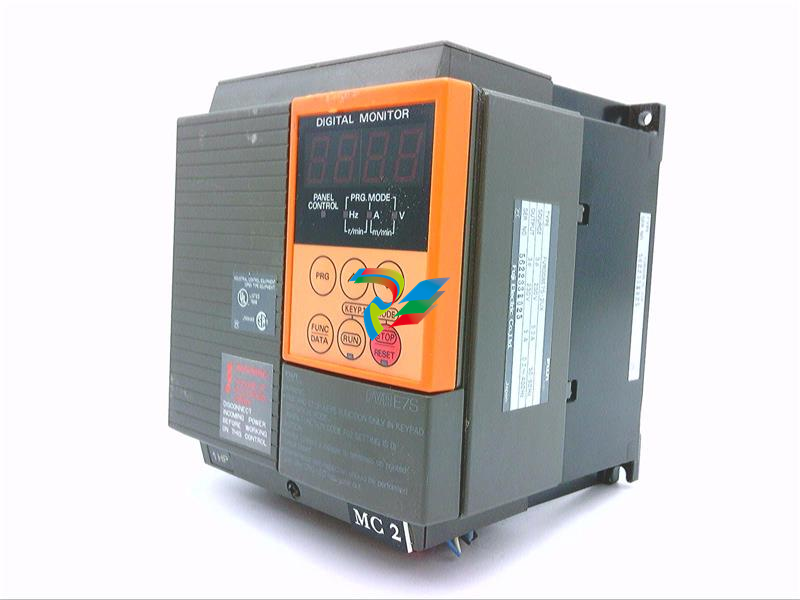
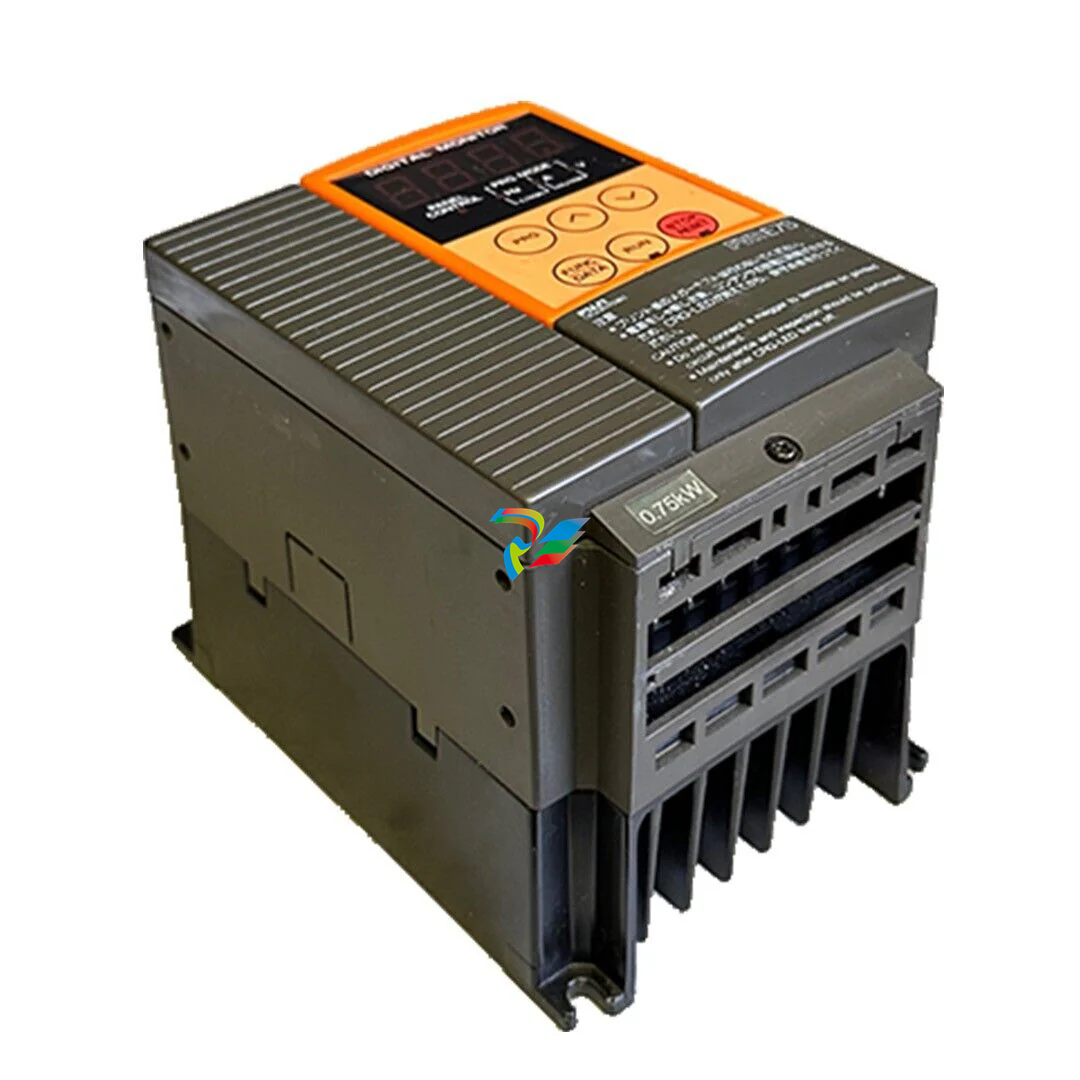
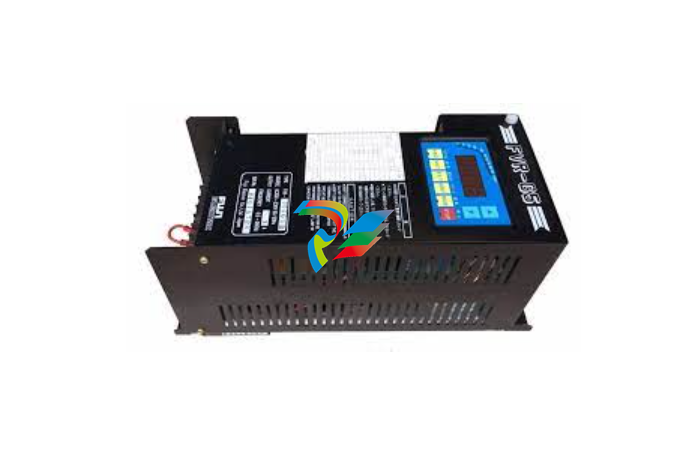
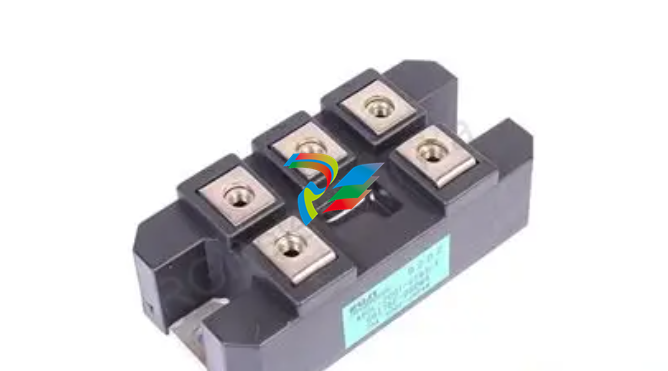
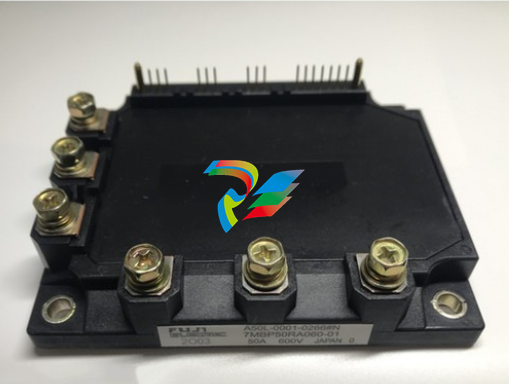
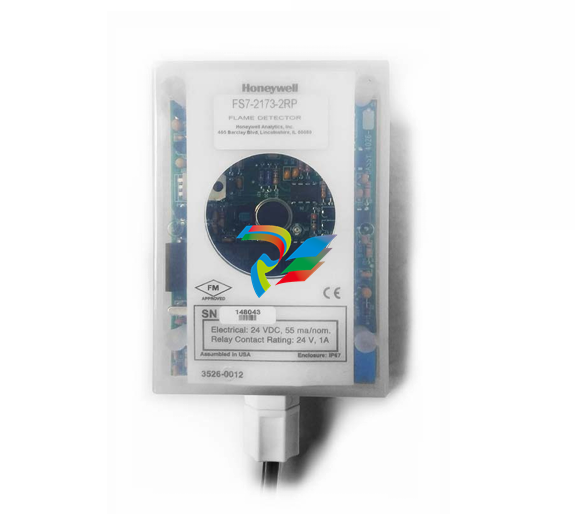
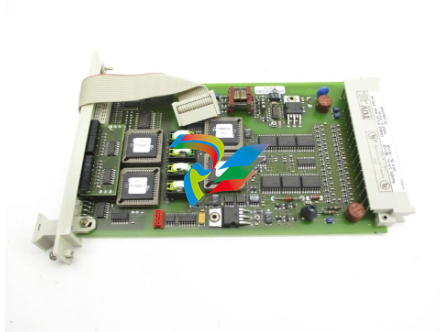
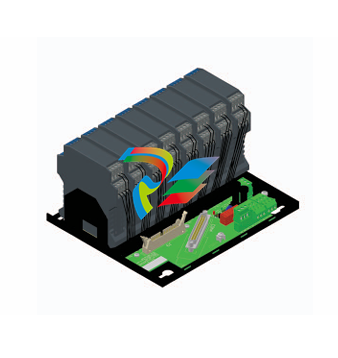
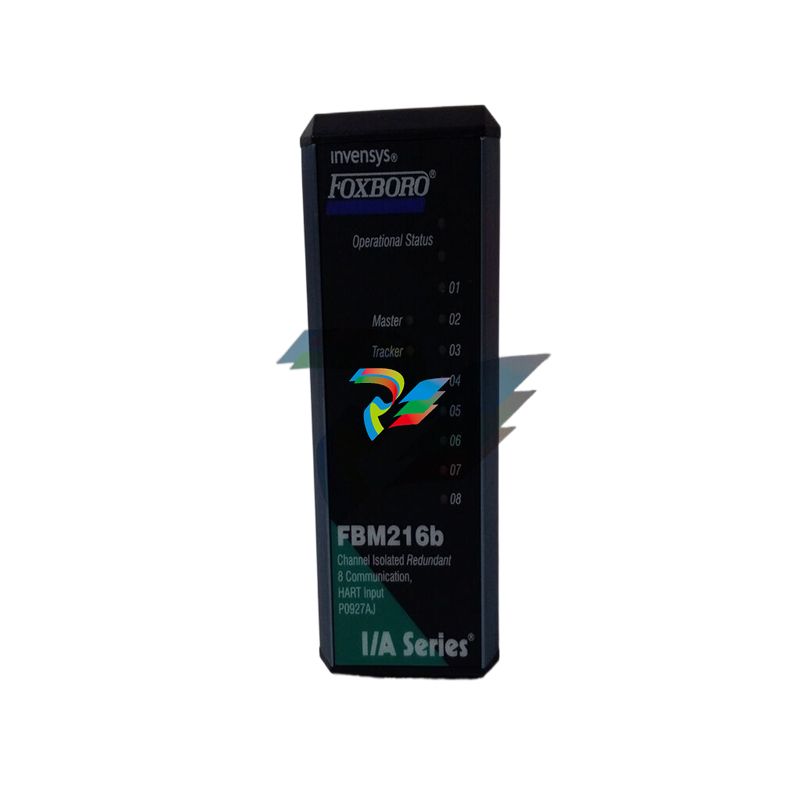
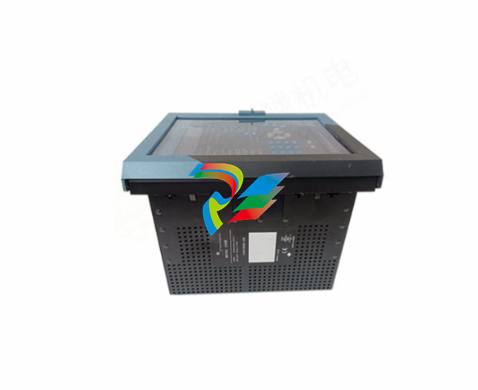
.jpg)
.jpg)
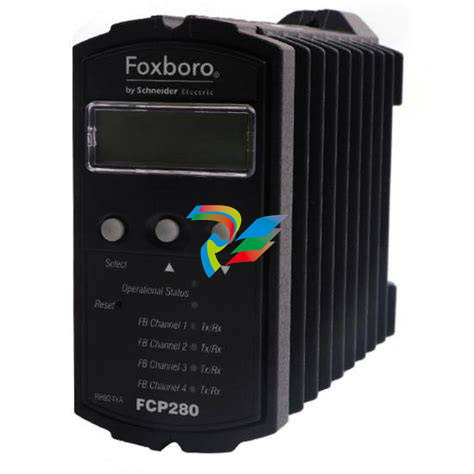
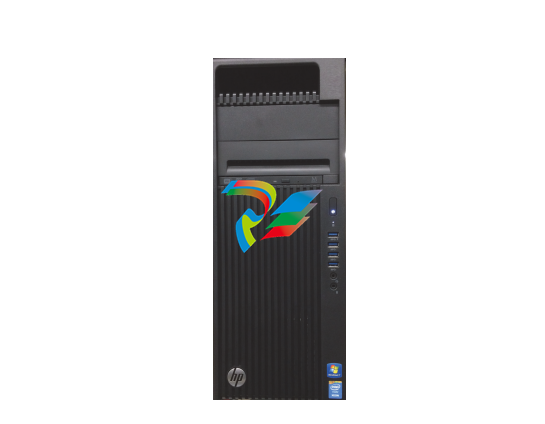
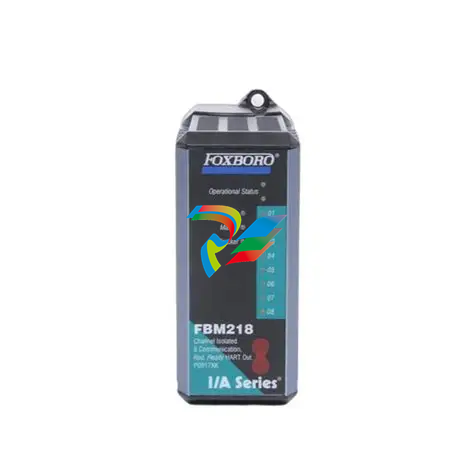
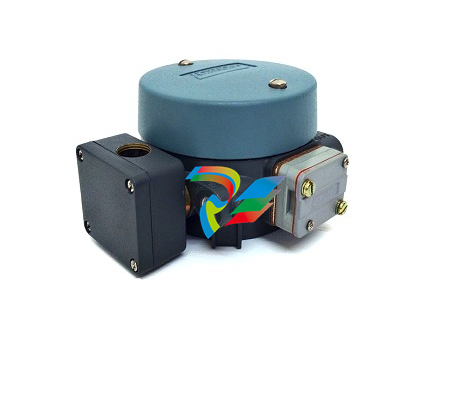
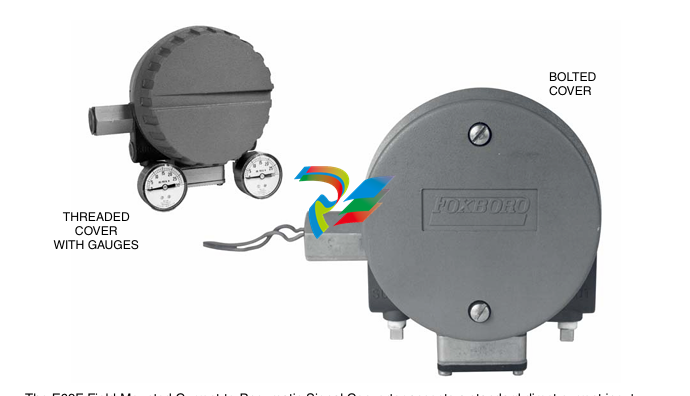
.jpg)
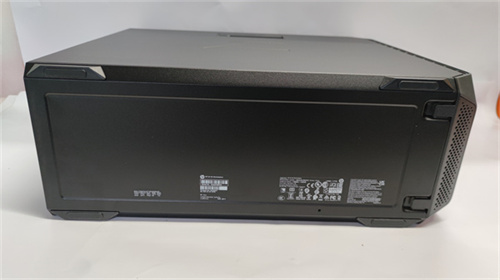
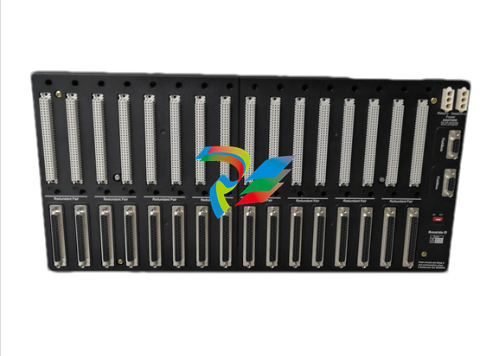
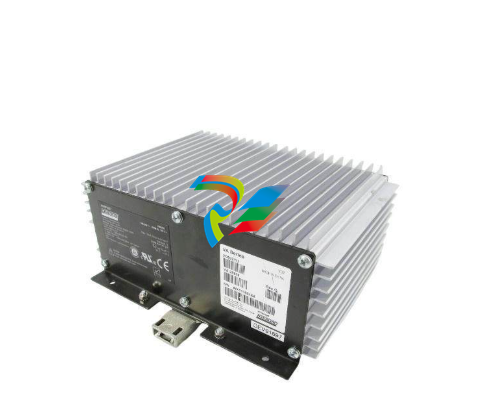
.png)
.jpg)
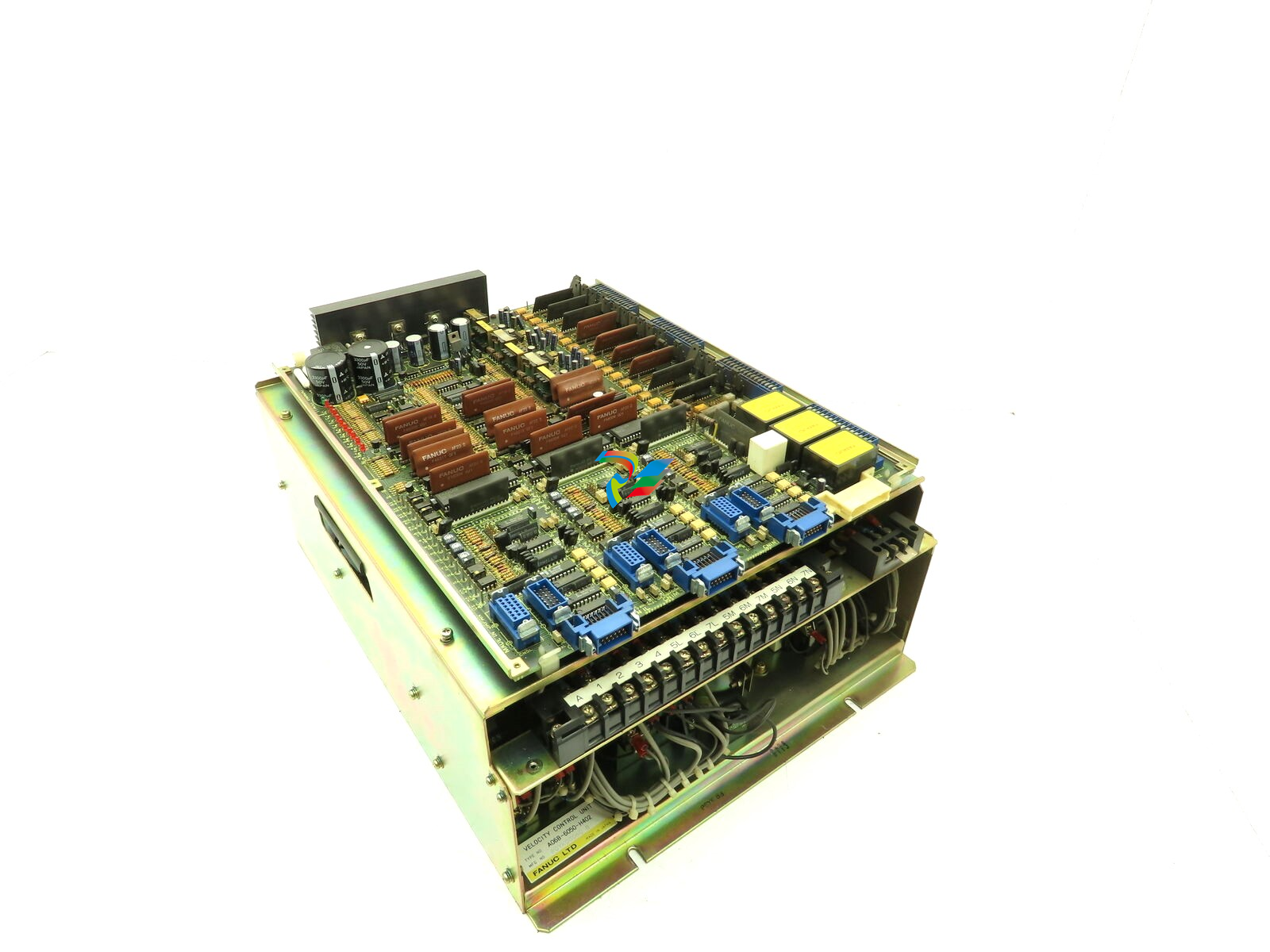
.jpg)
_lVjBYb.jpg)
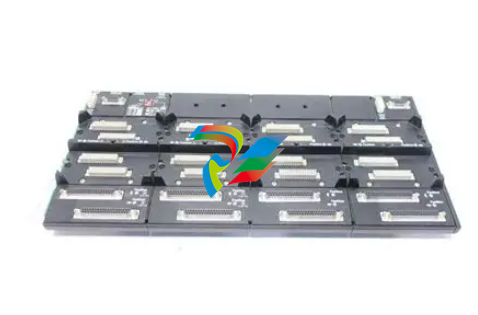
.jpg)
.jpg)
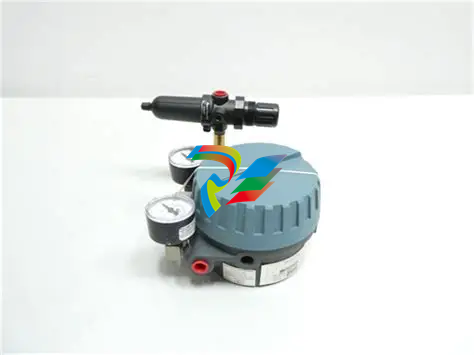
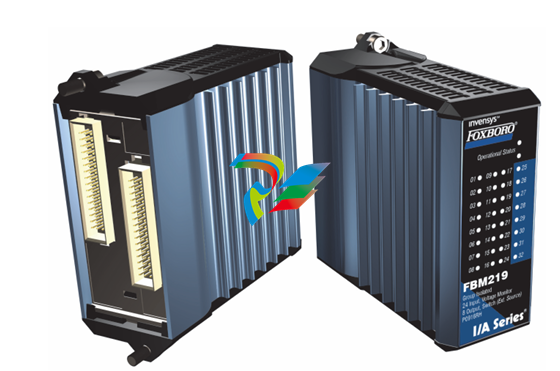
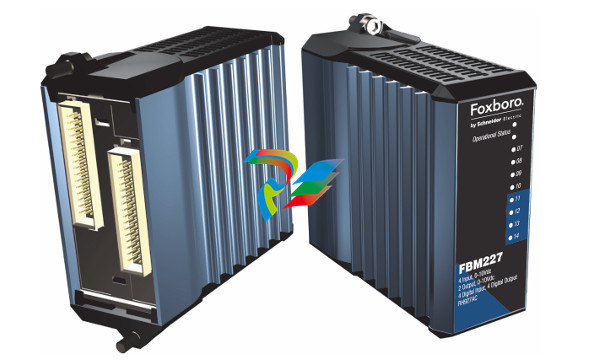
.jpg)
.jpg)
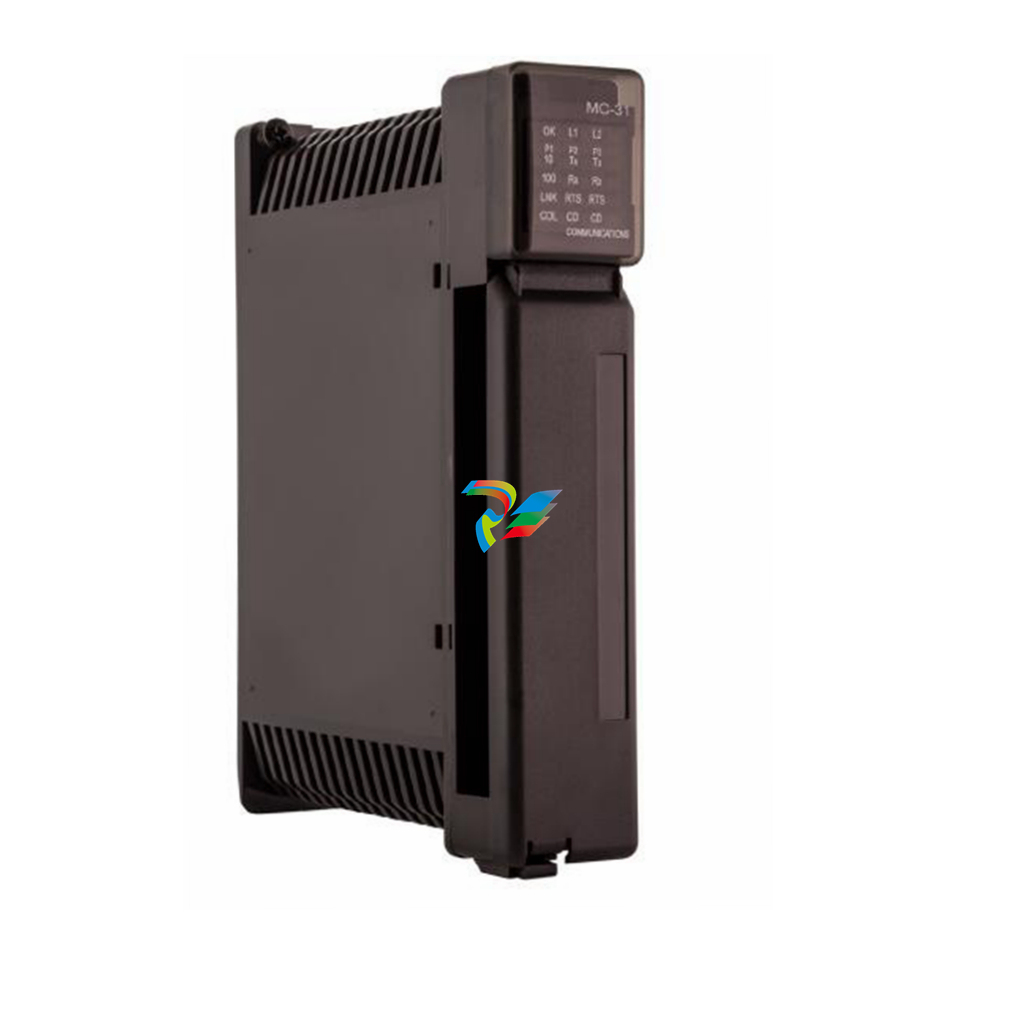
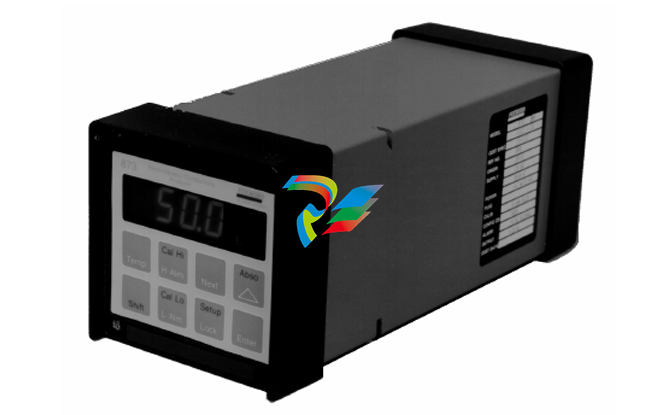
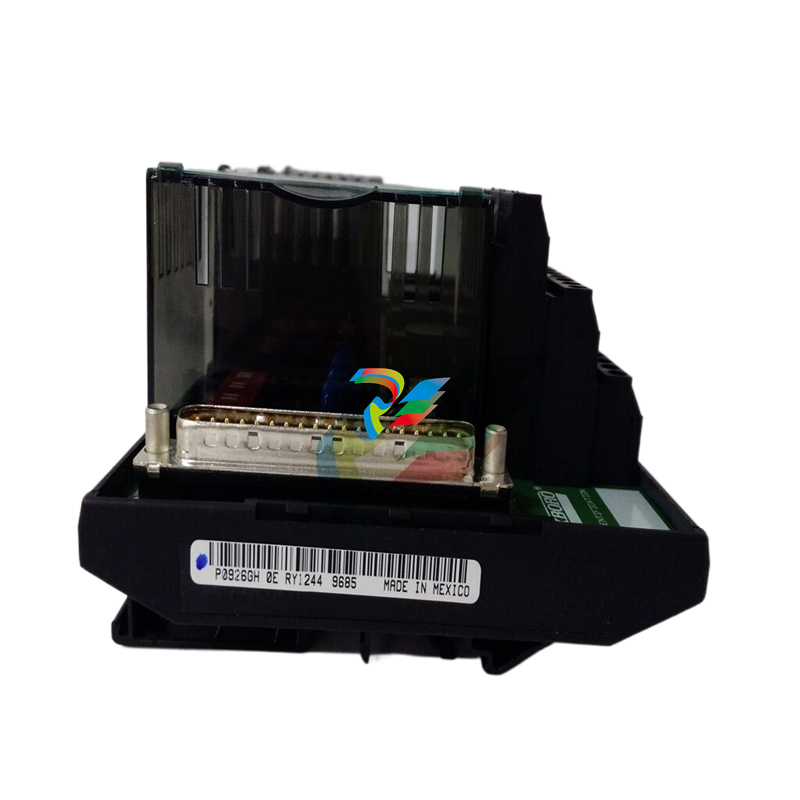
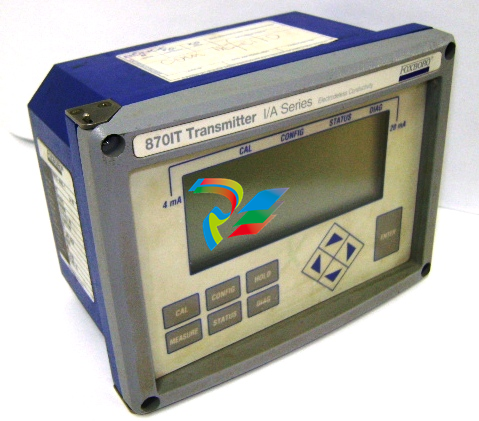
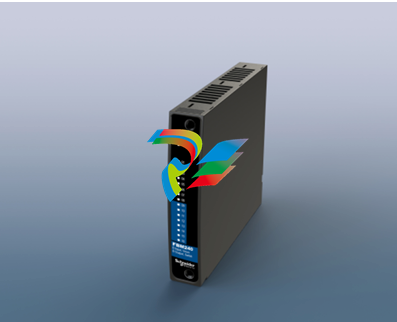
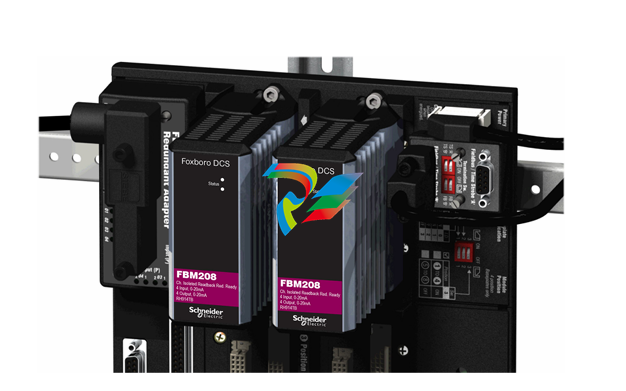
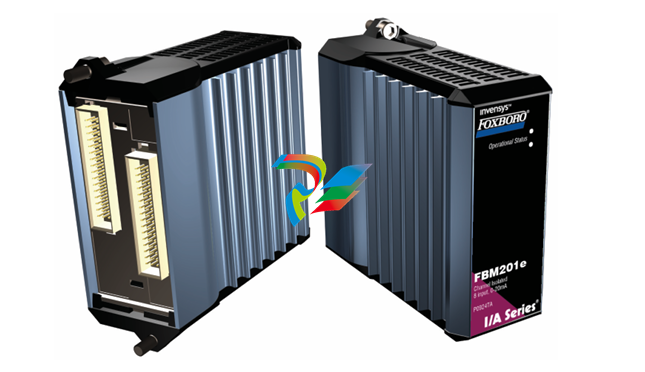
.jpg)
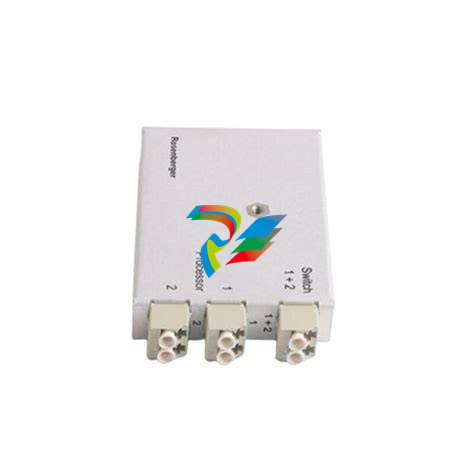
.jpg)
.jpg)
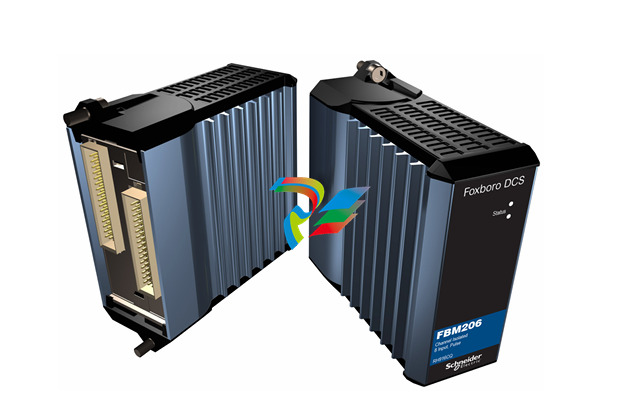
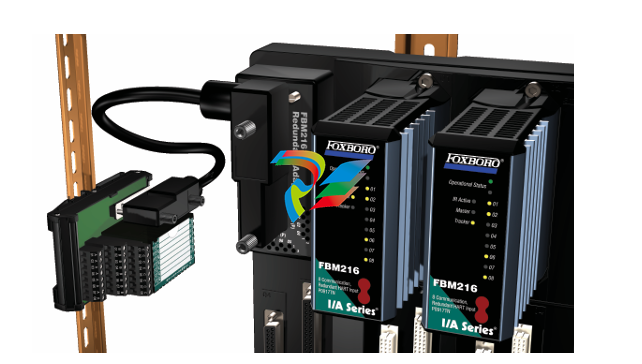
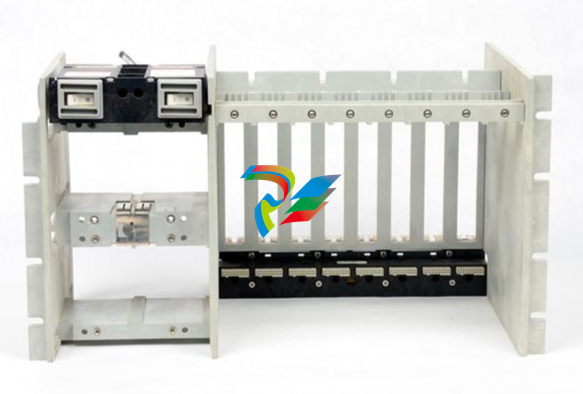
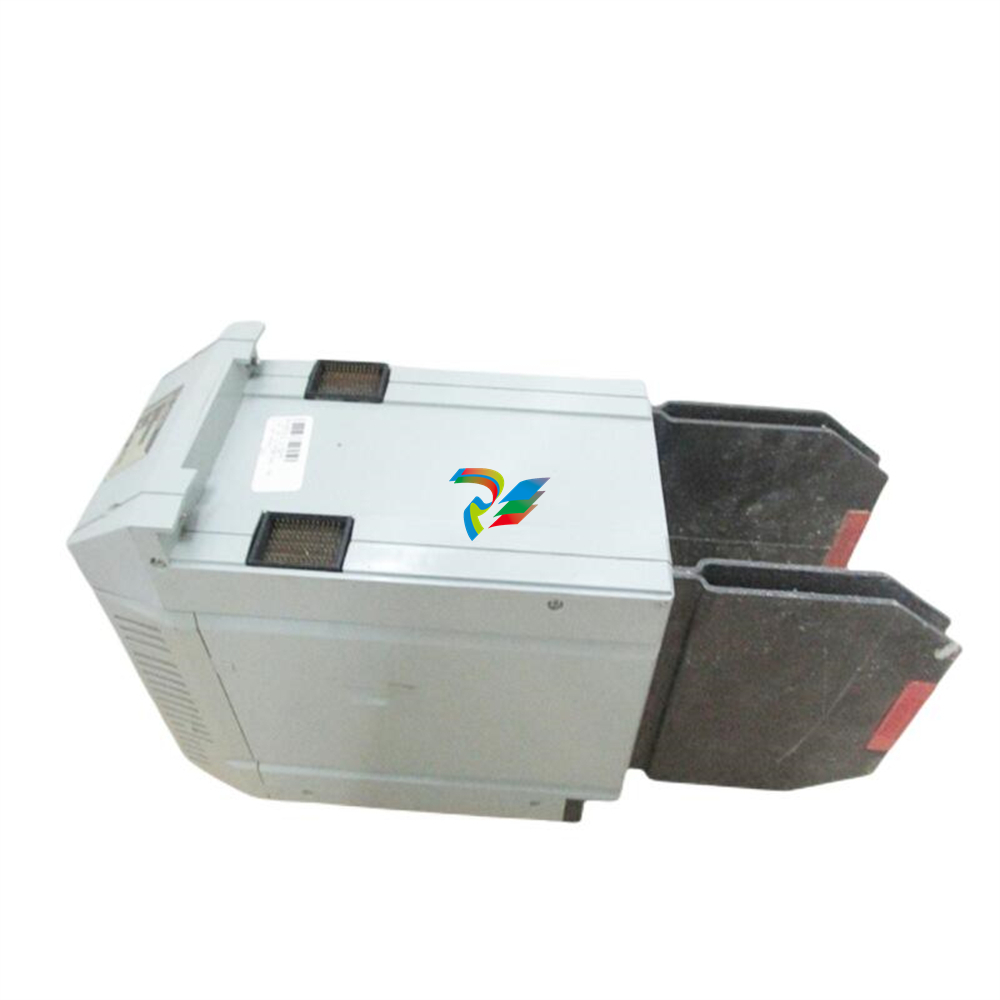
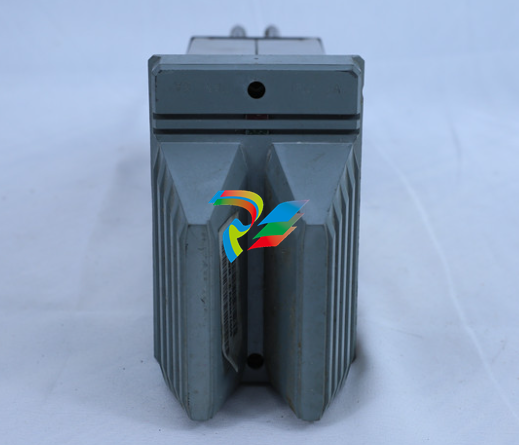
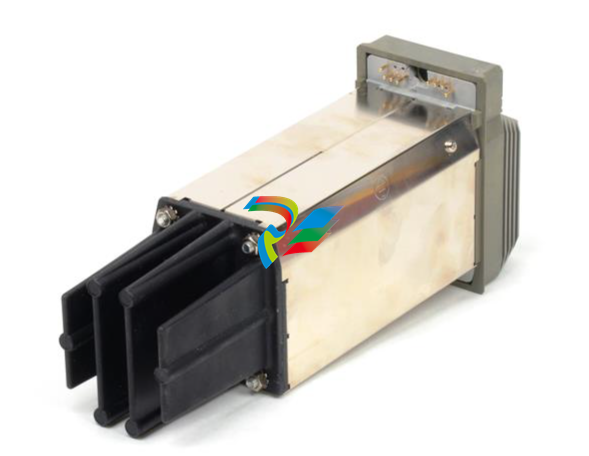
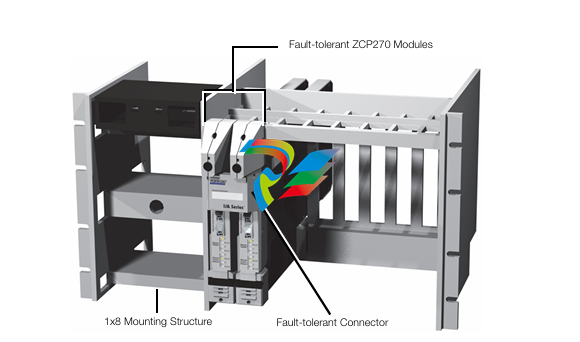
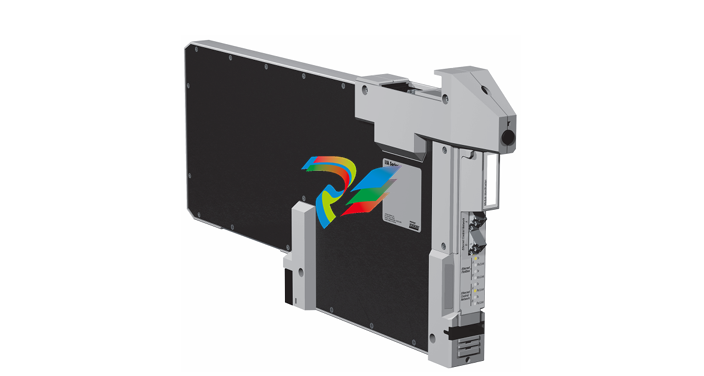
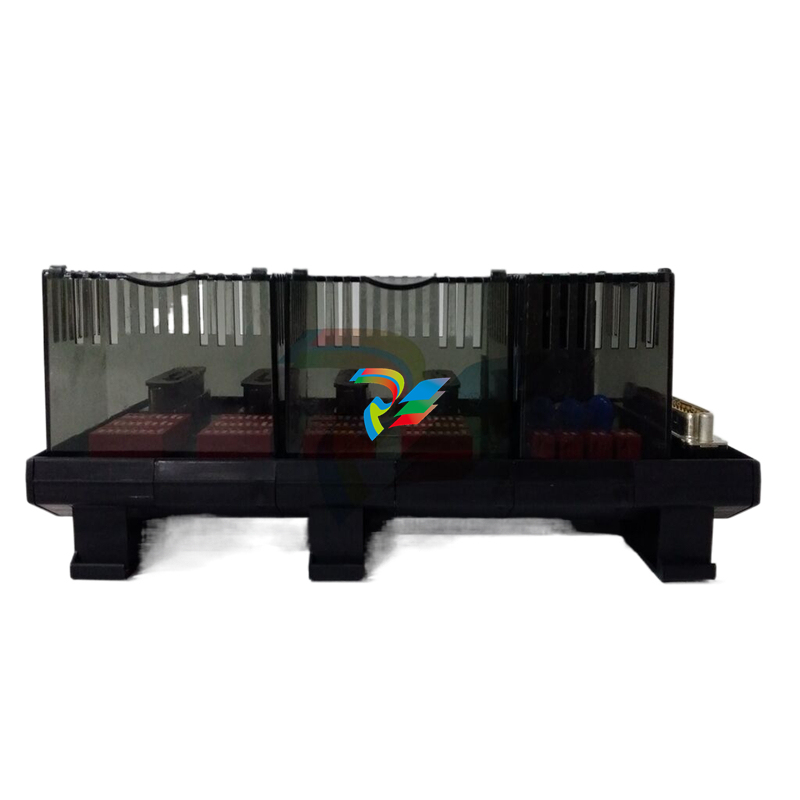
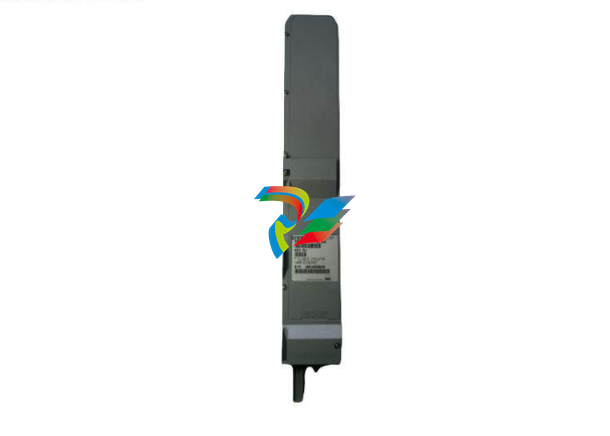
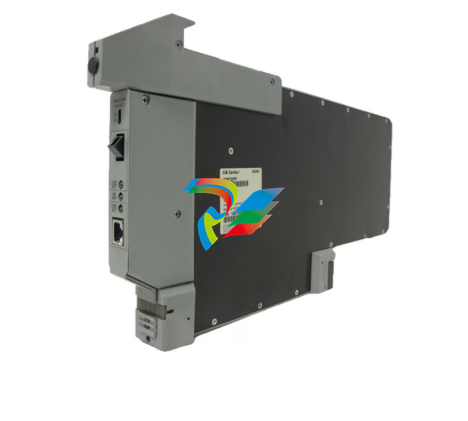
.jpg)


